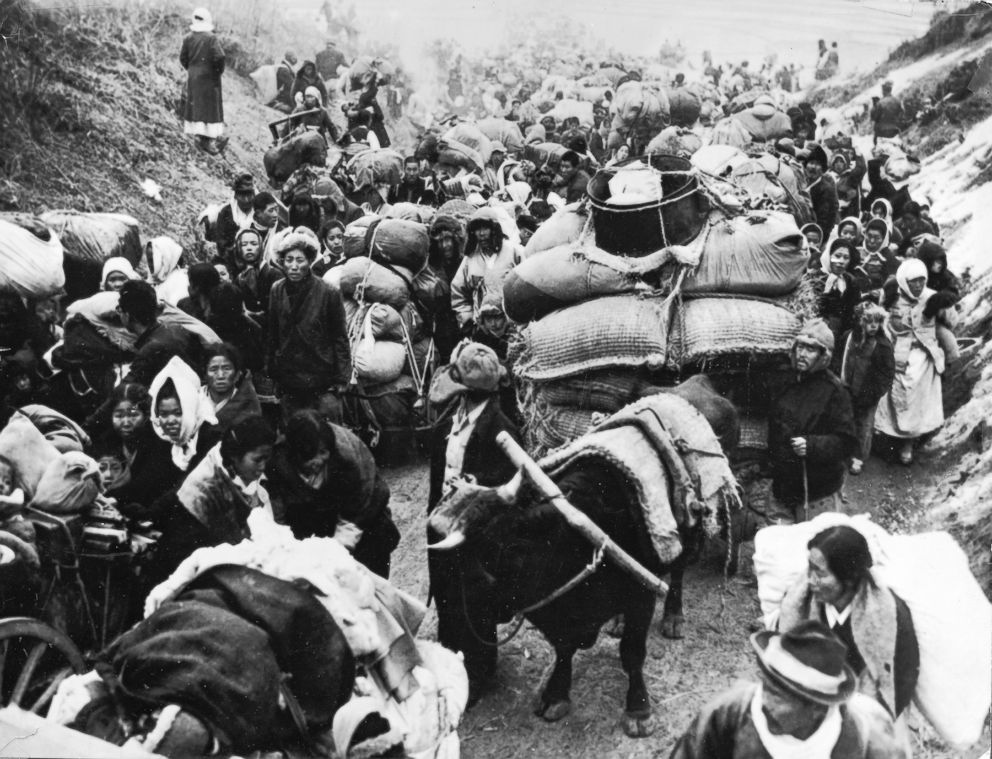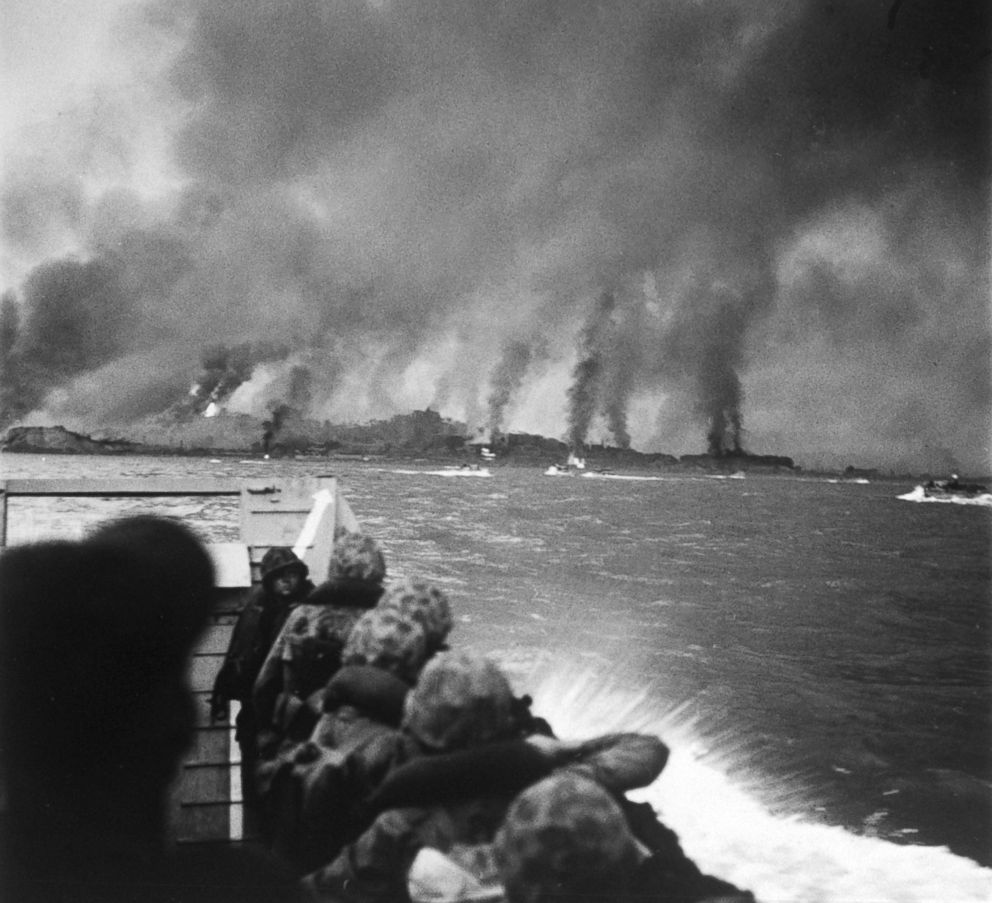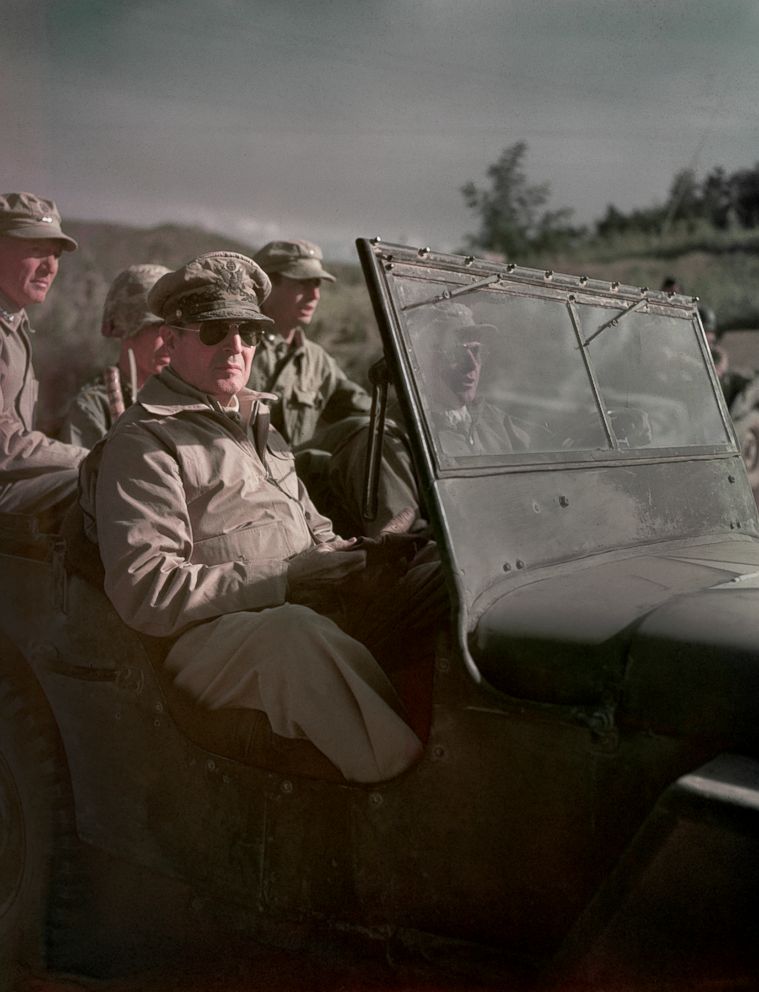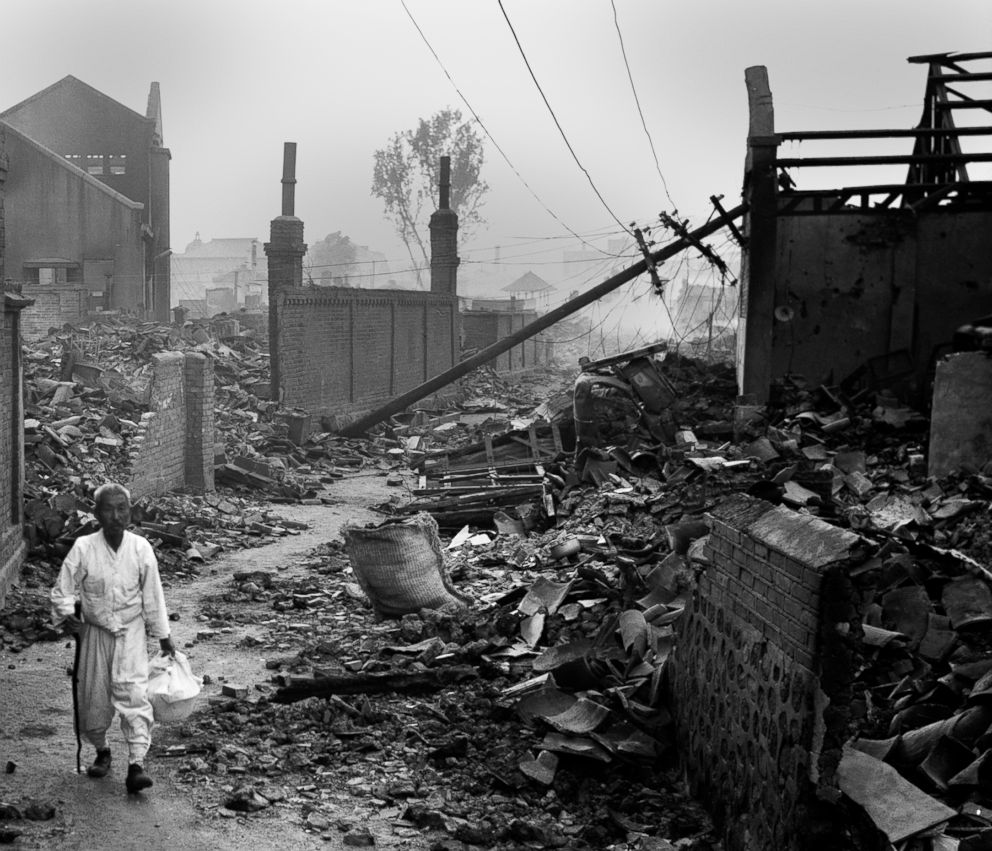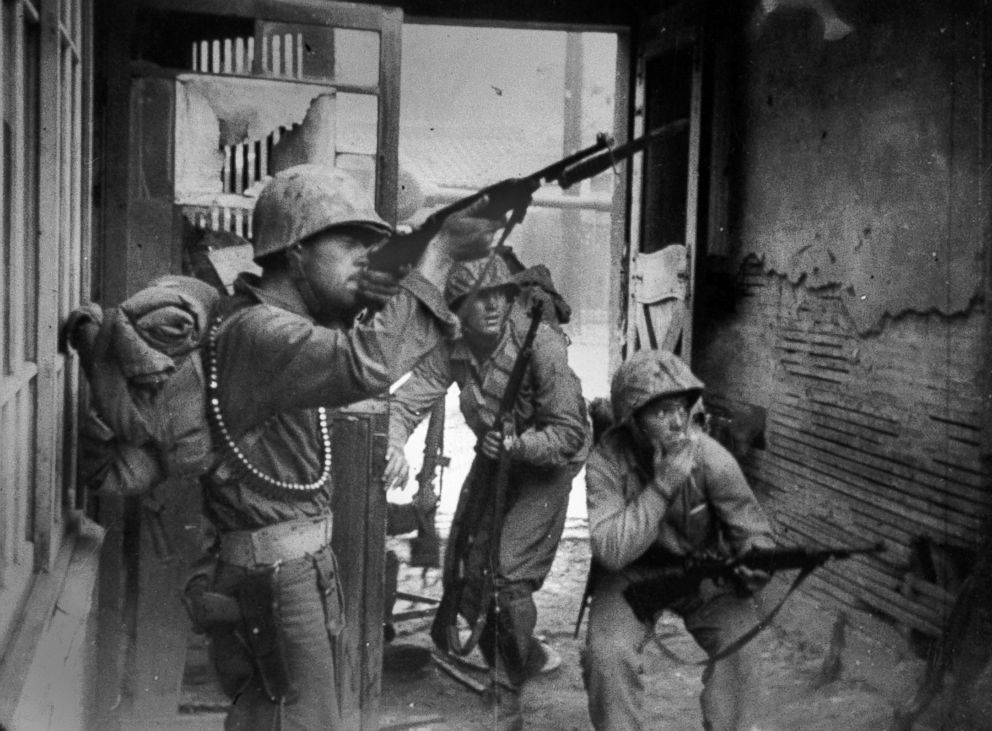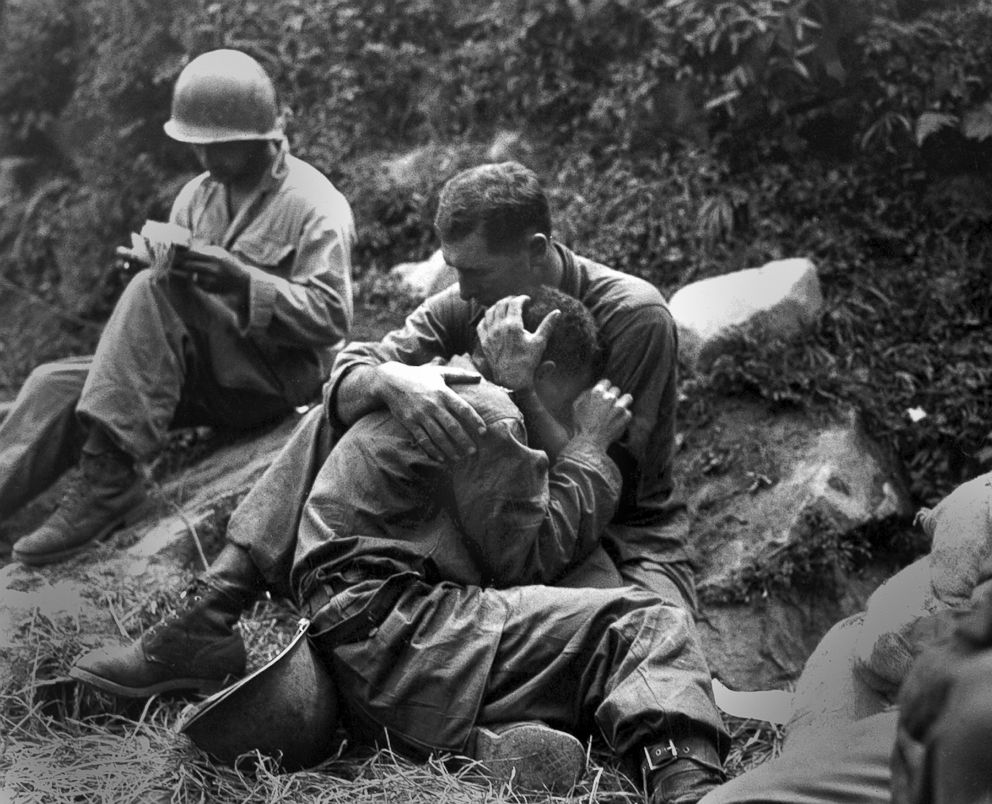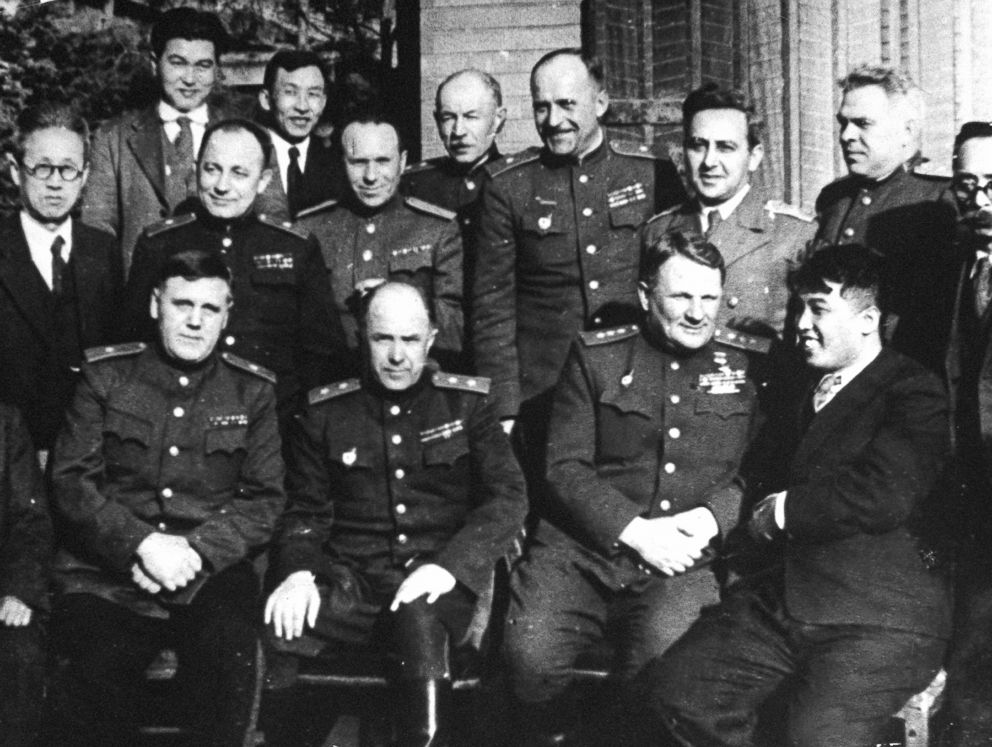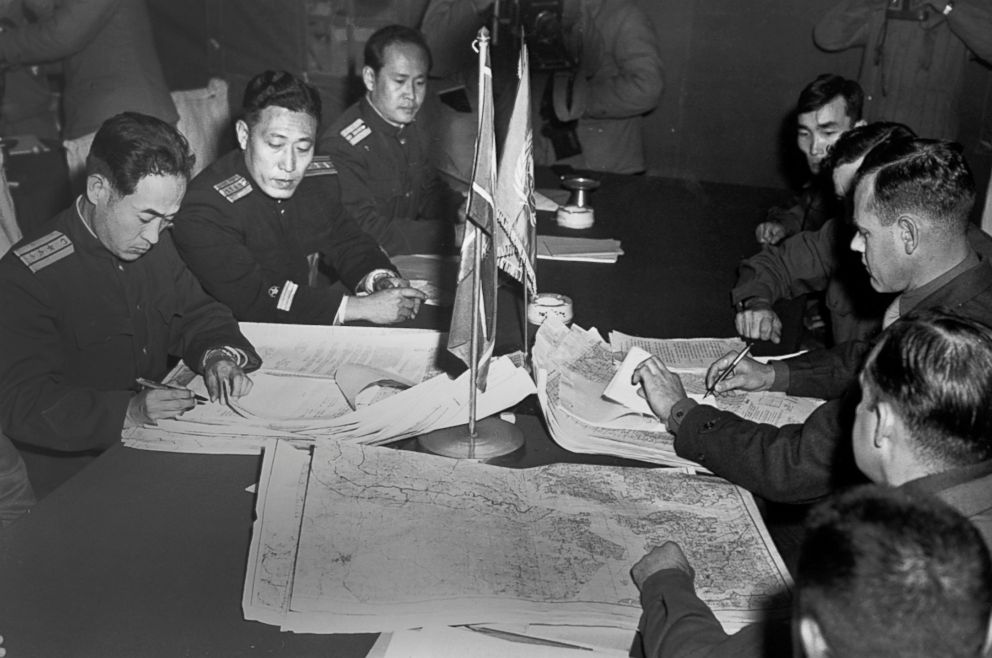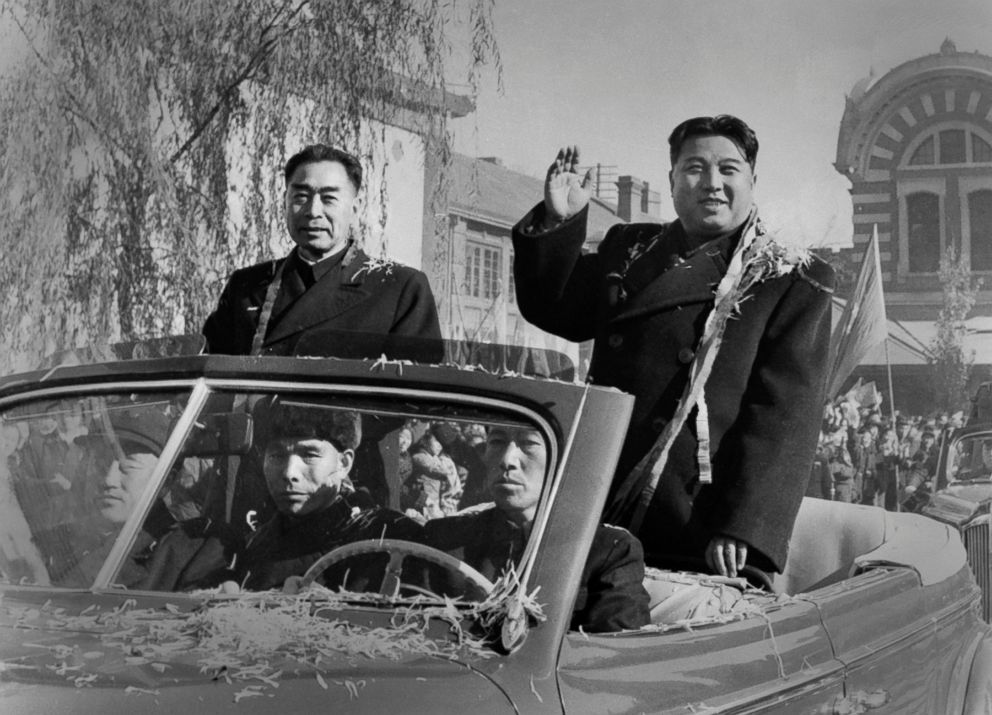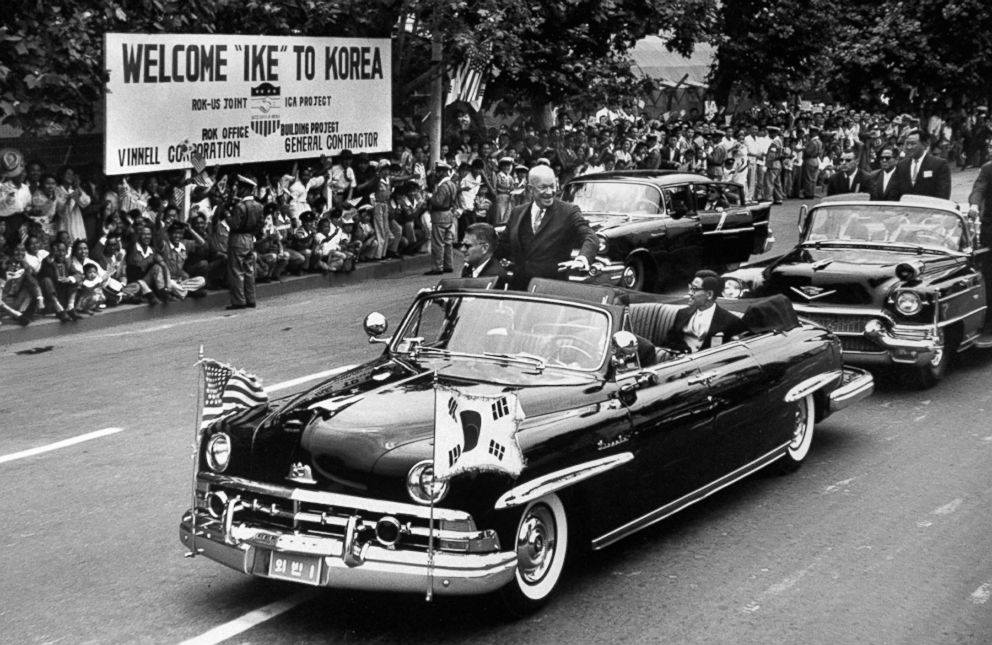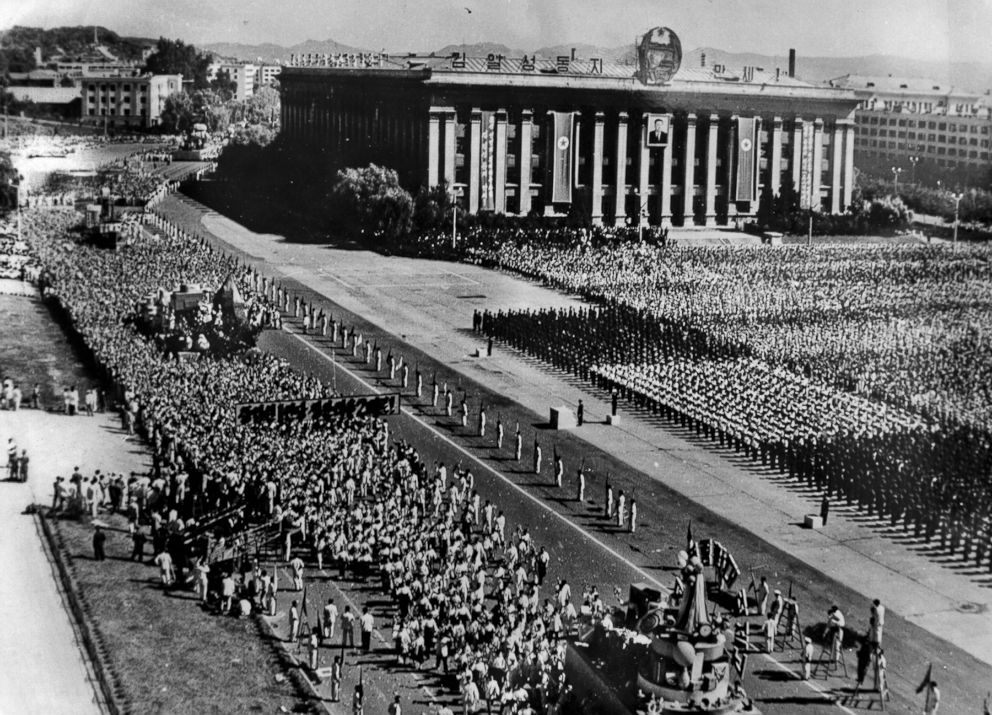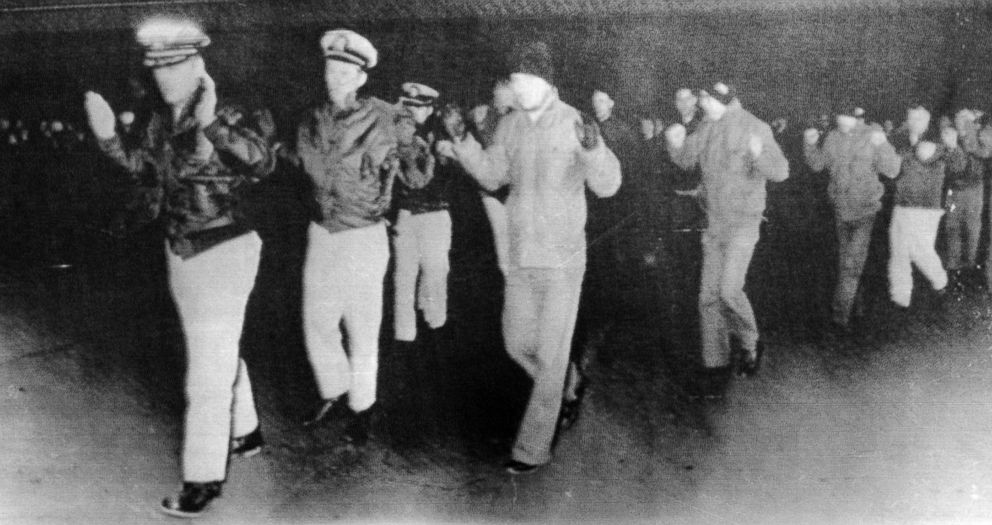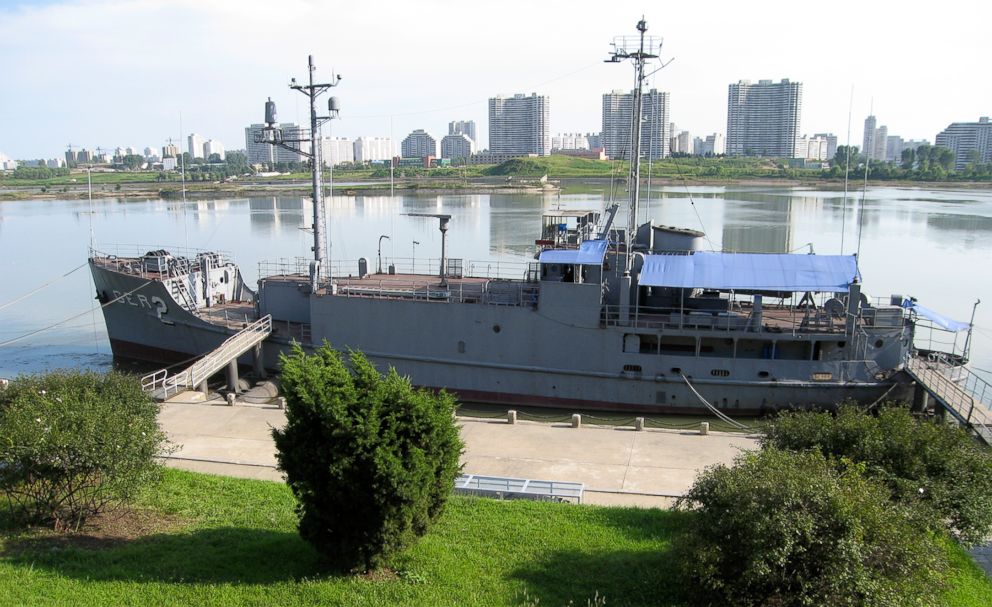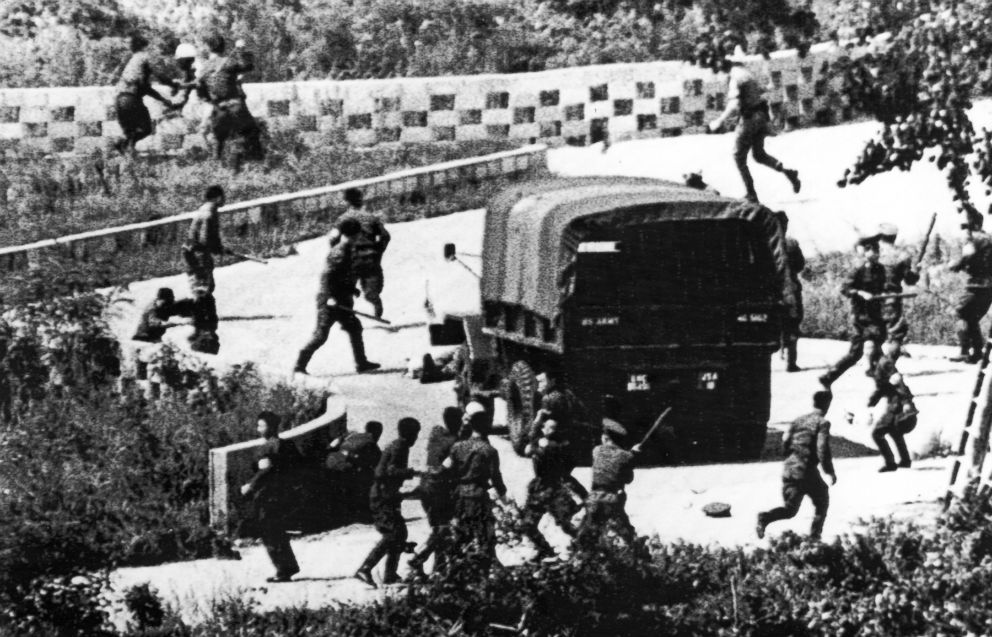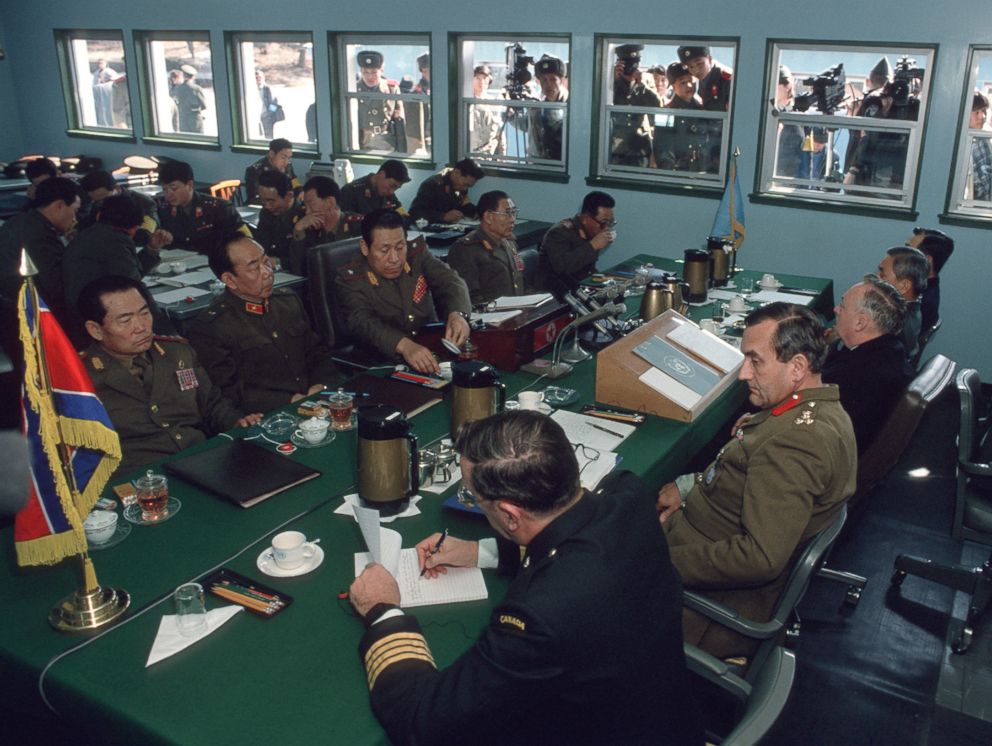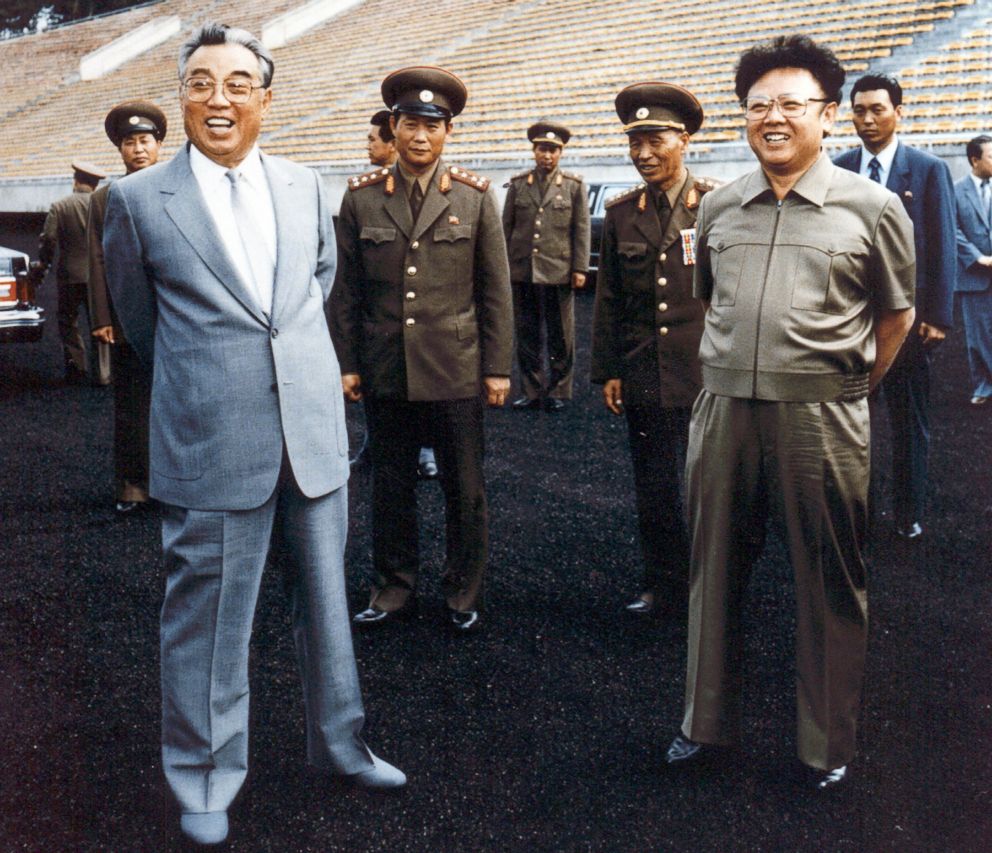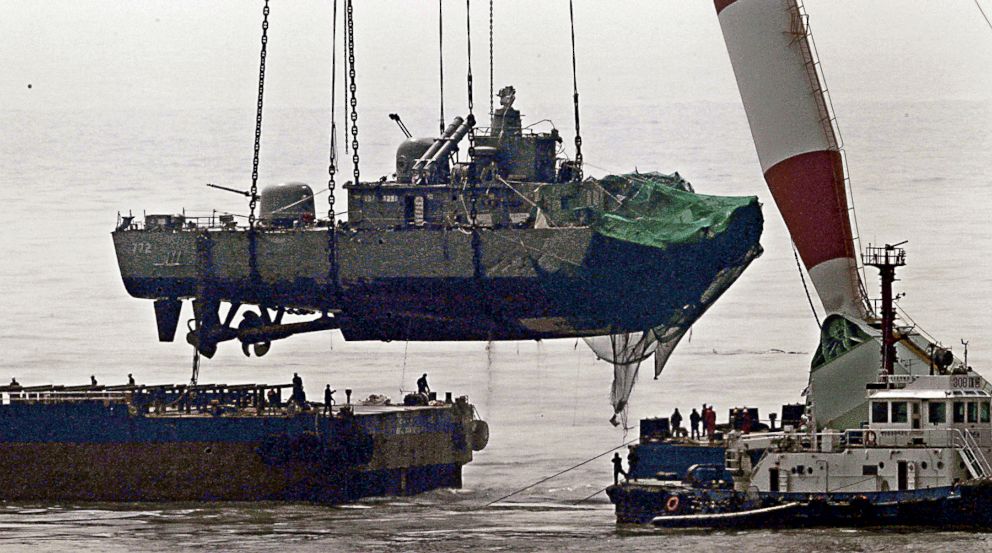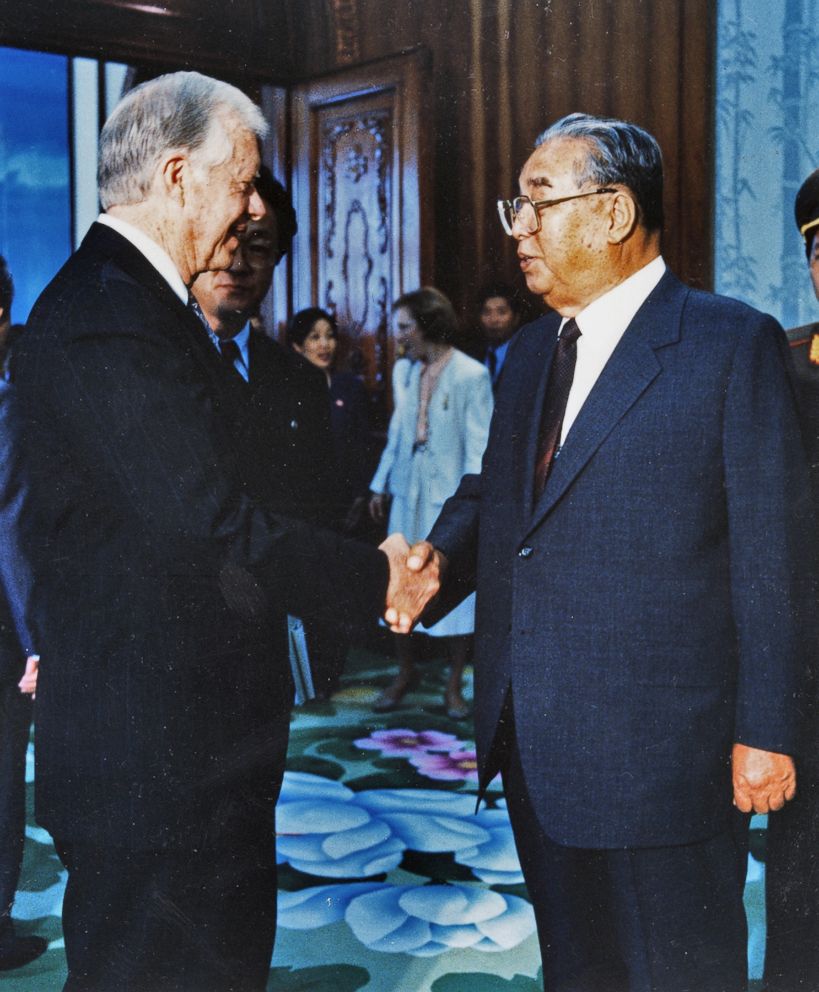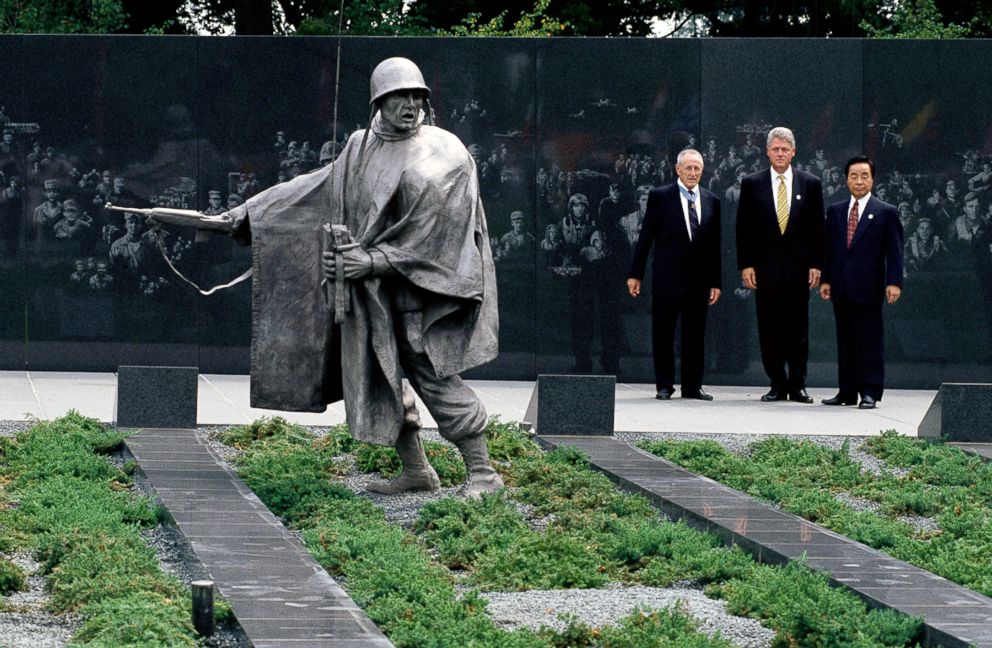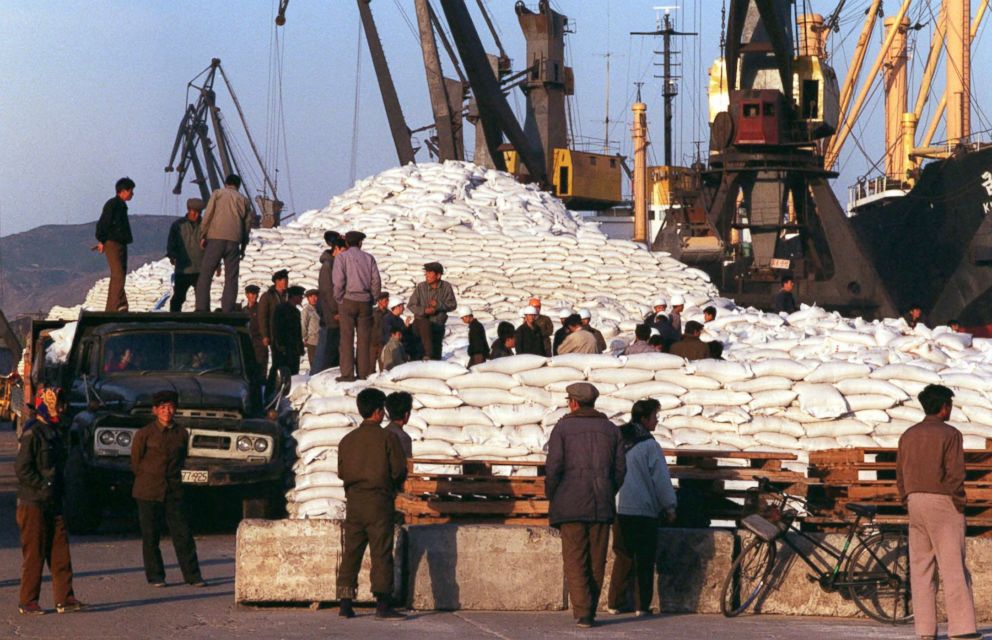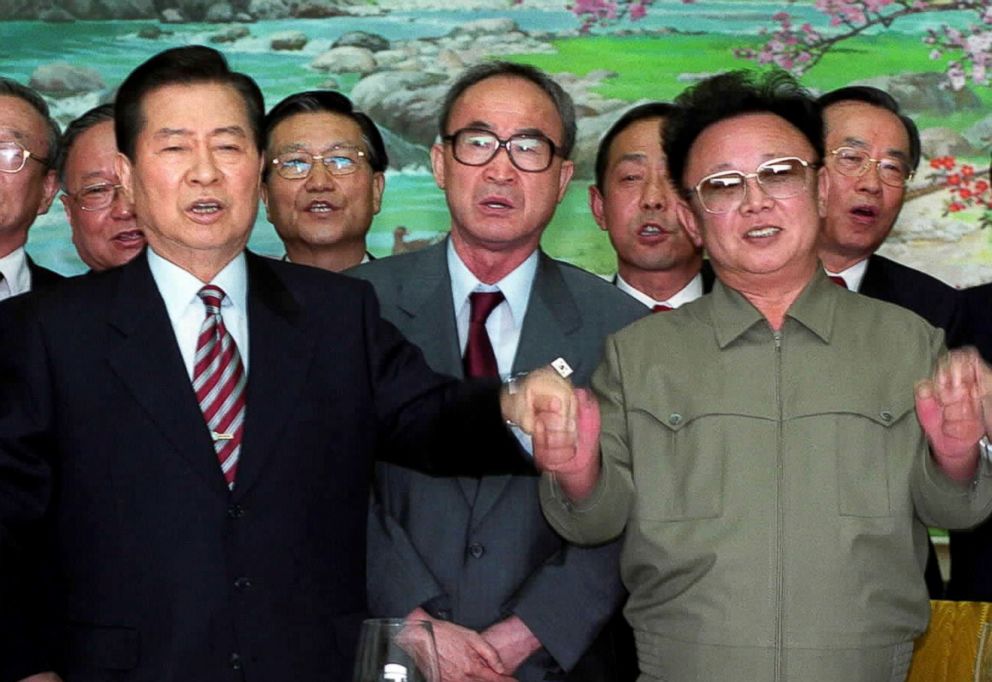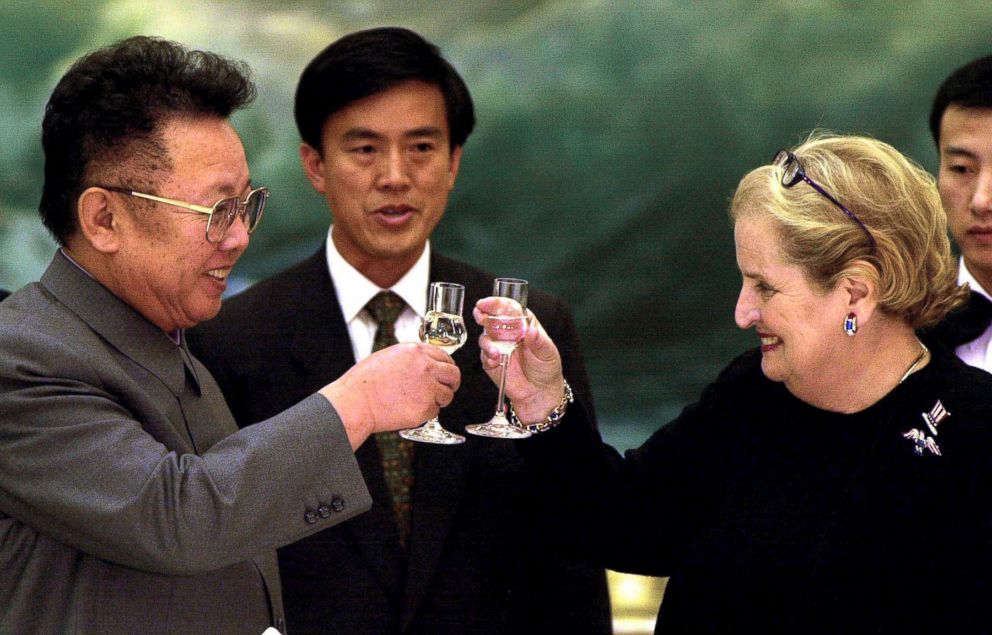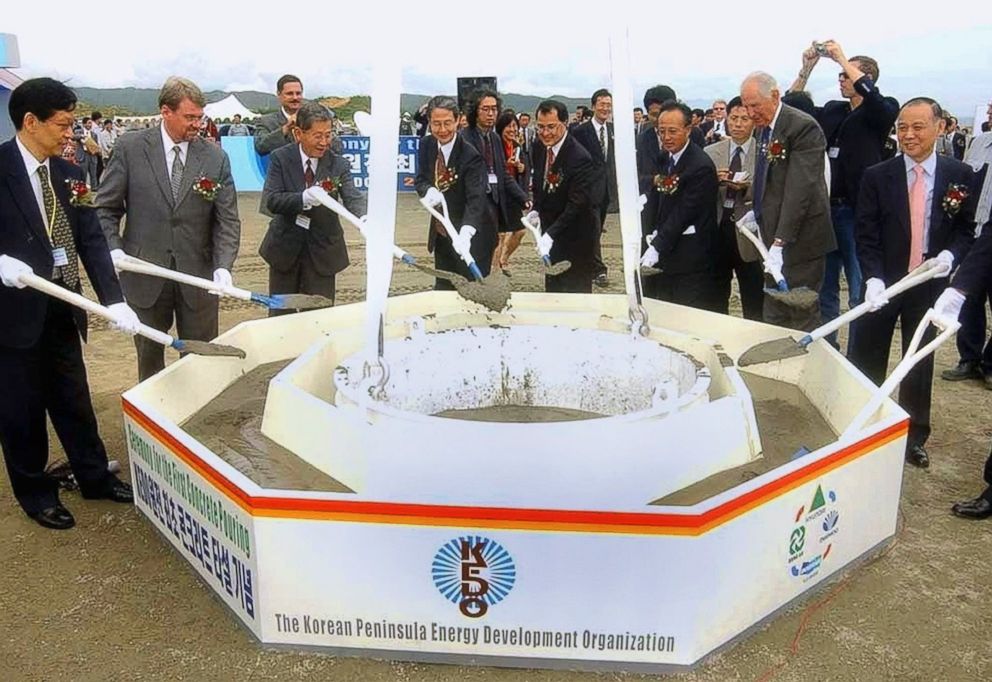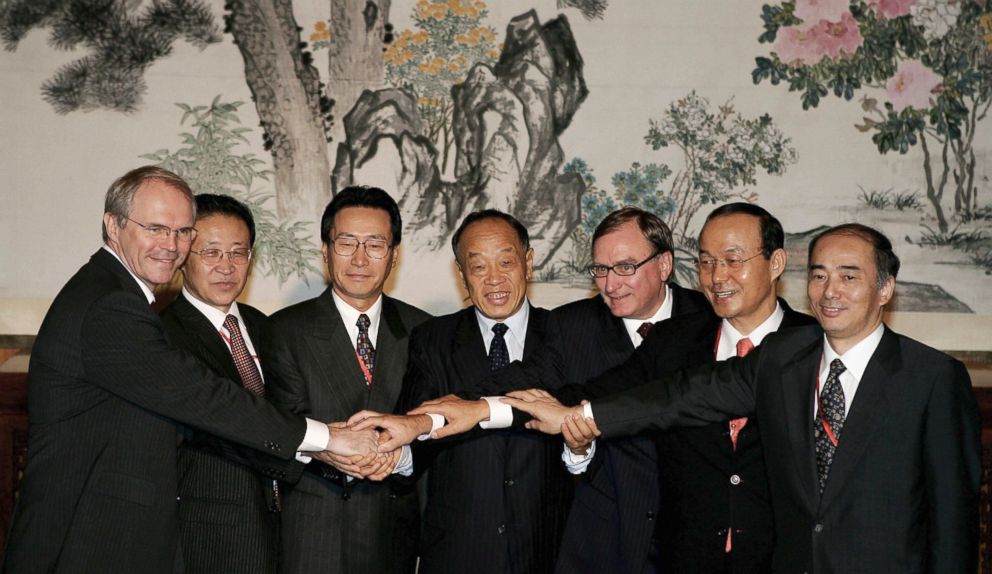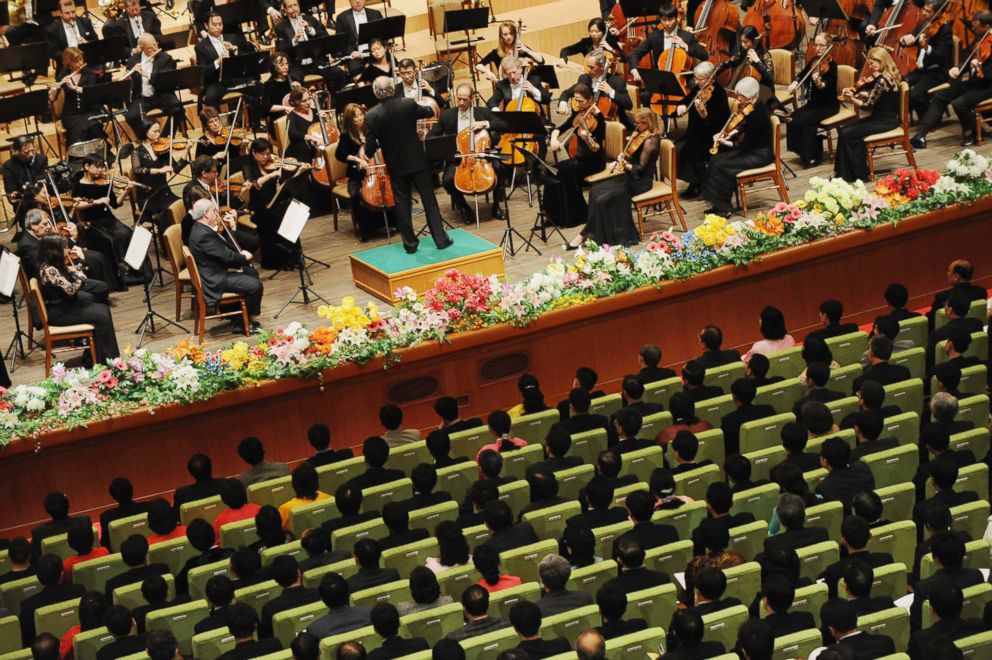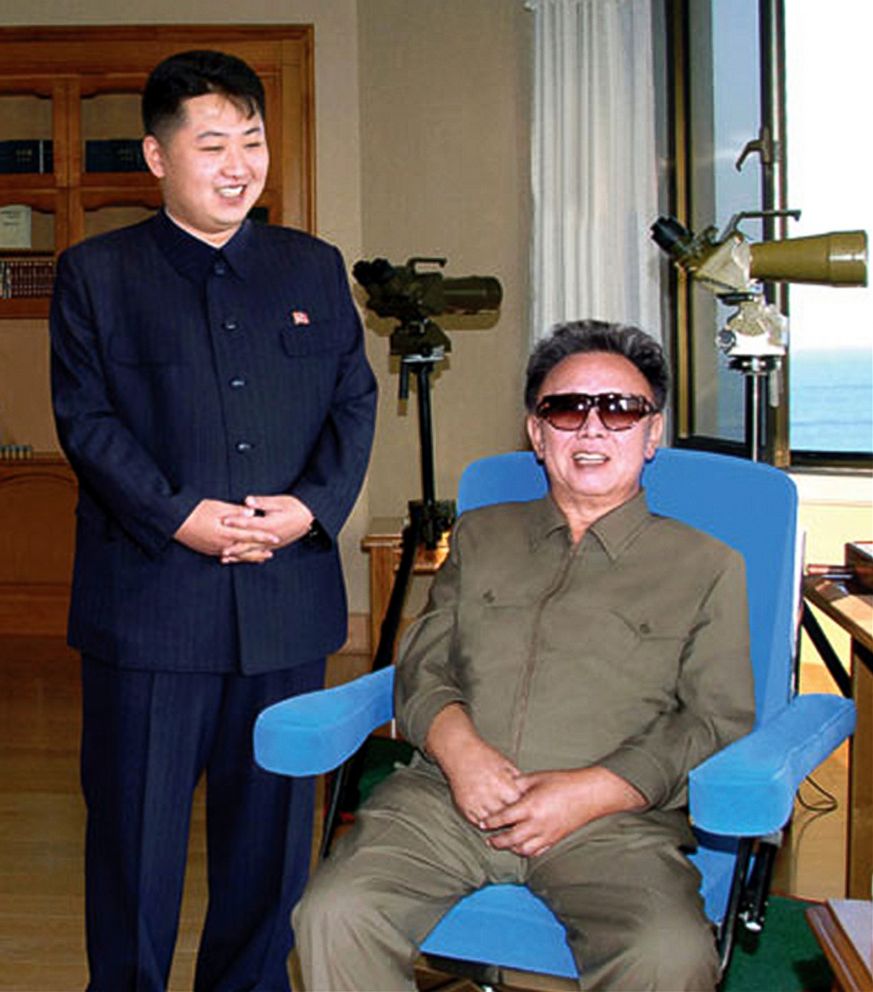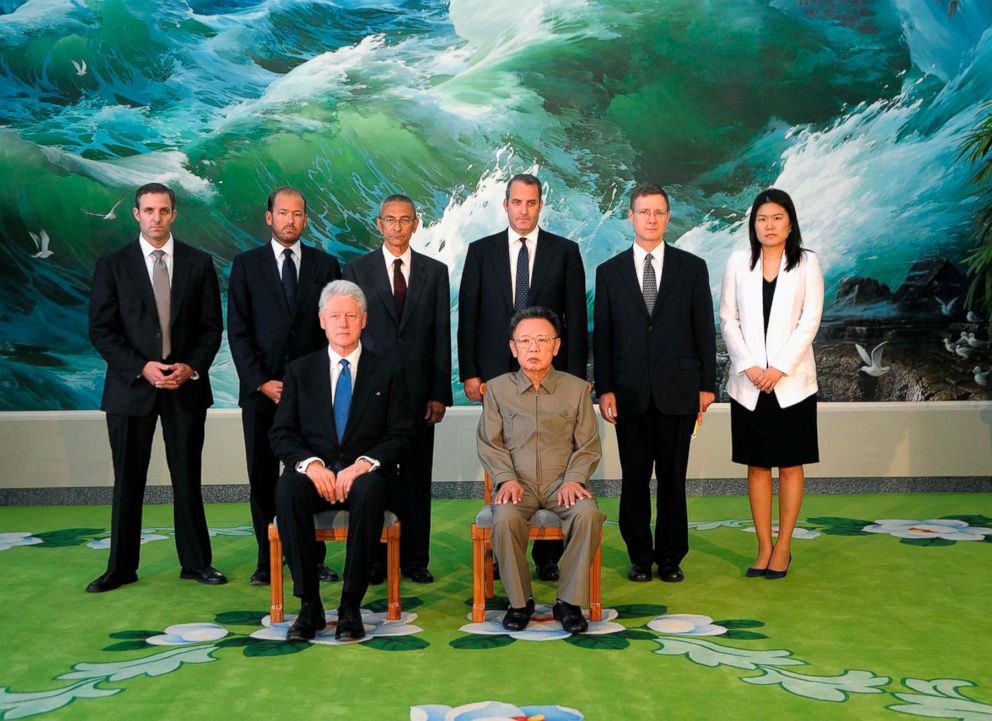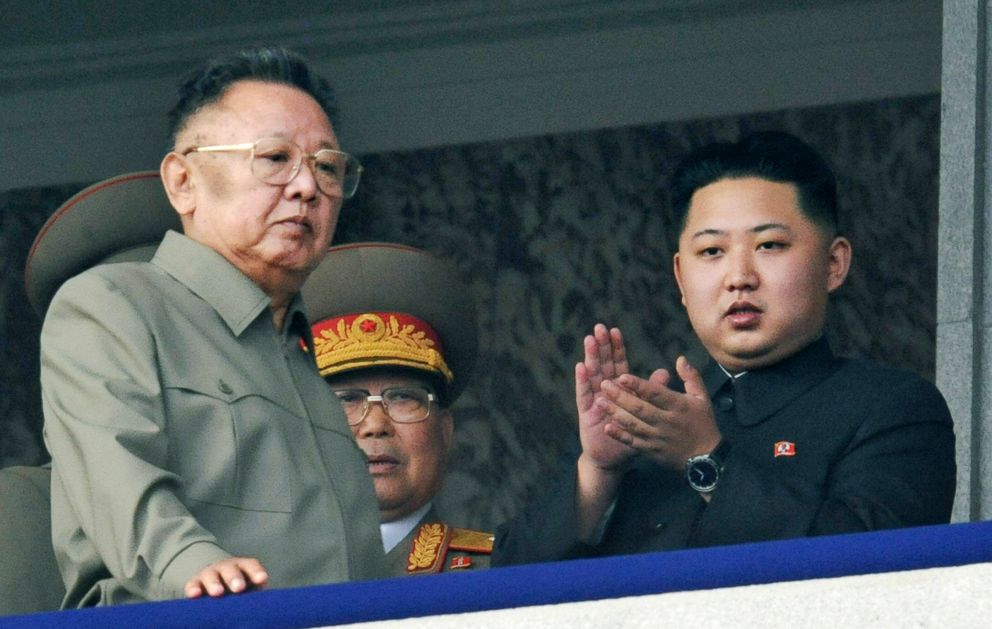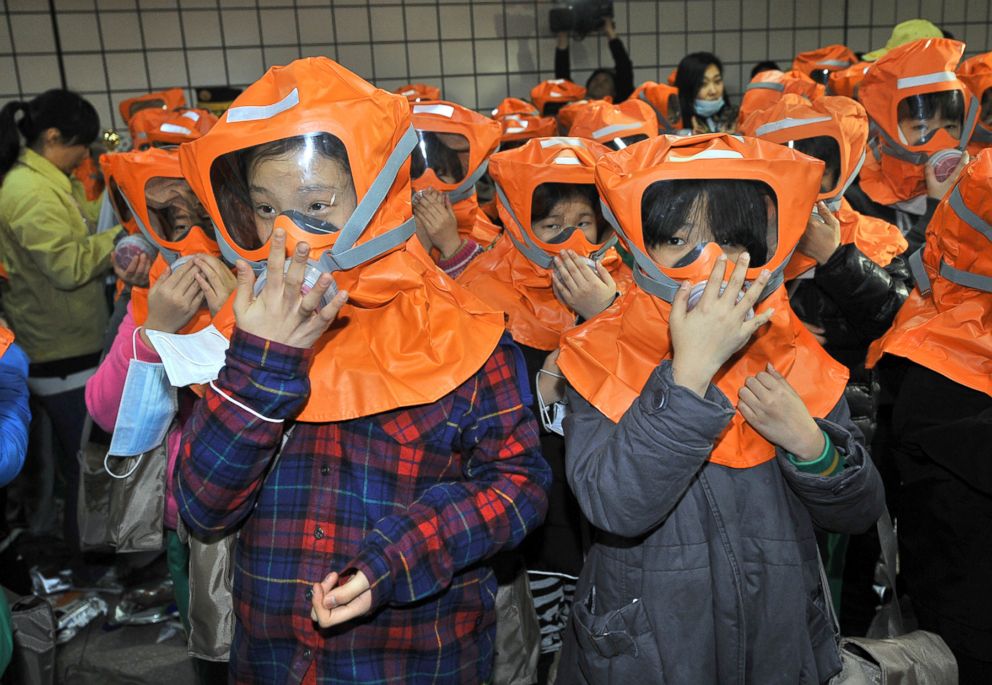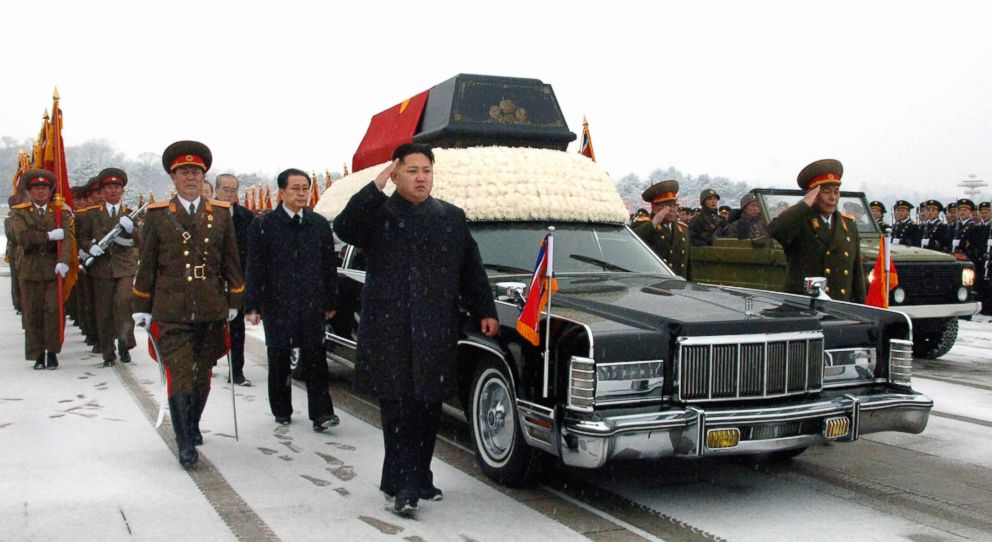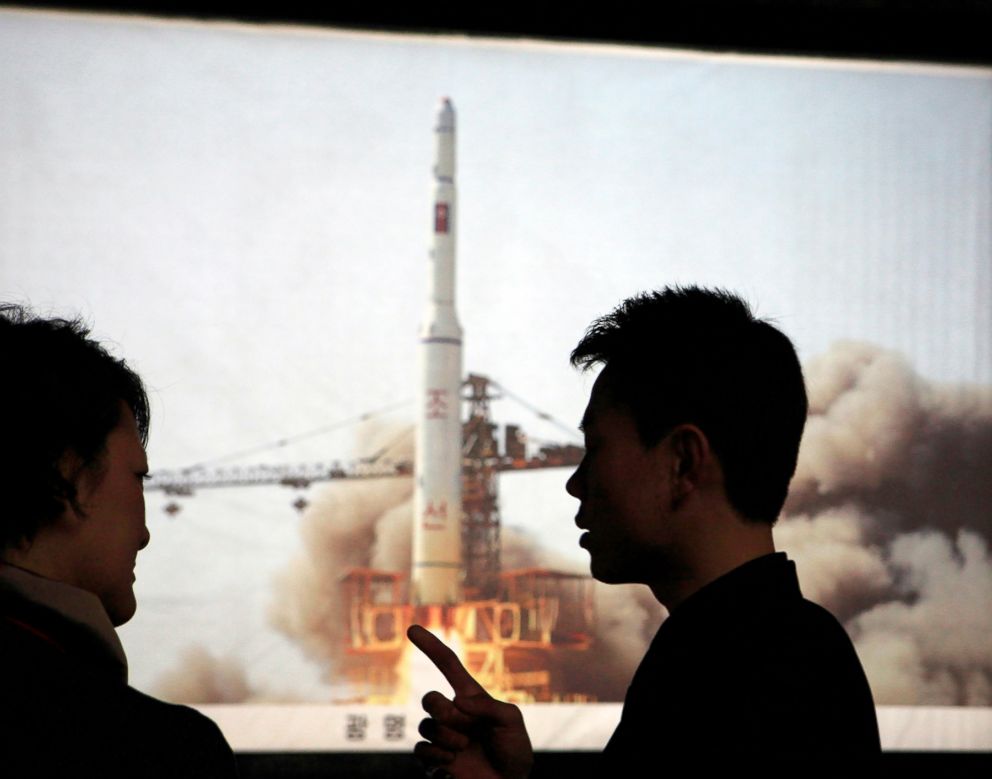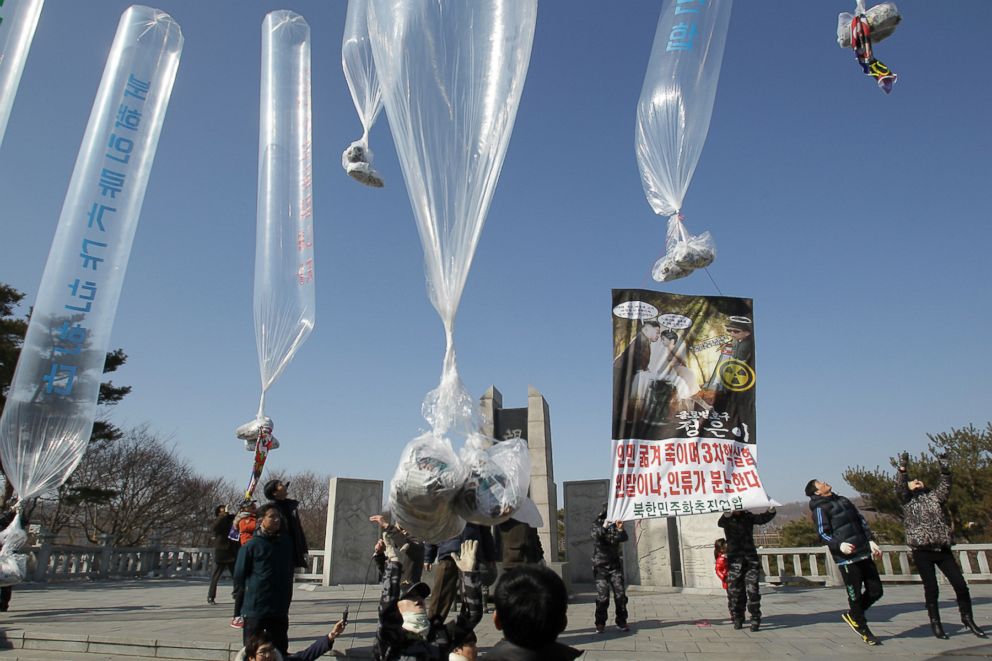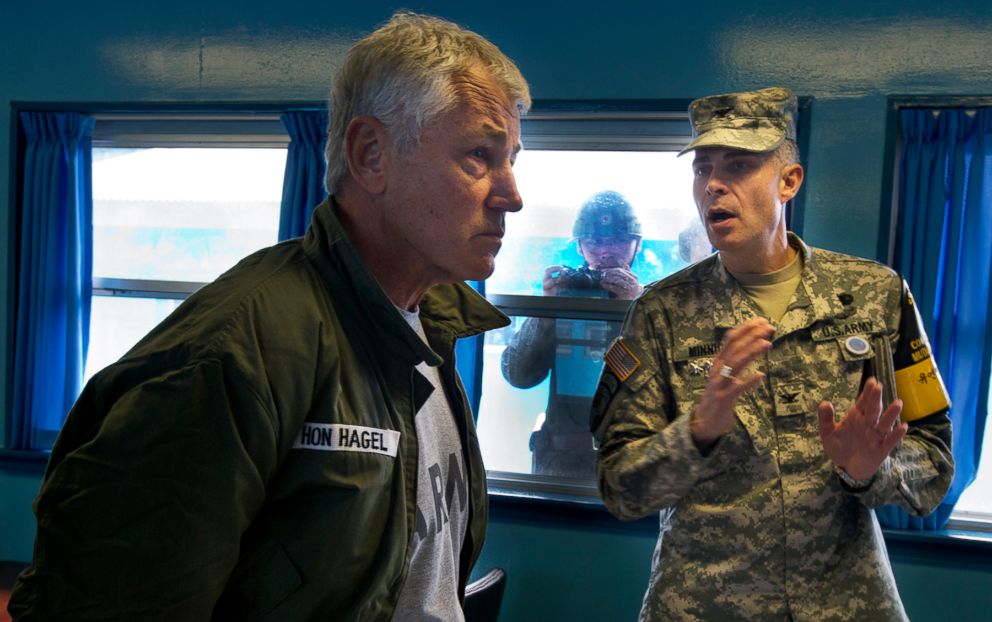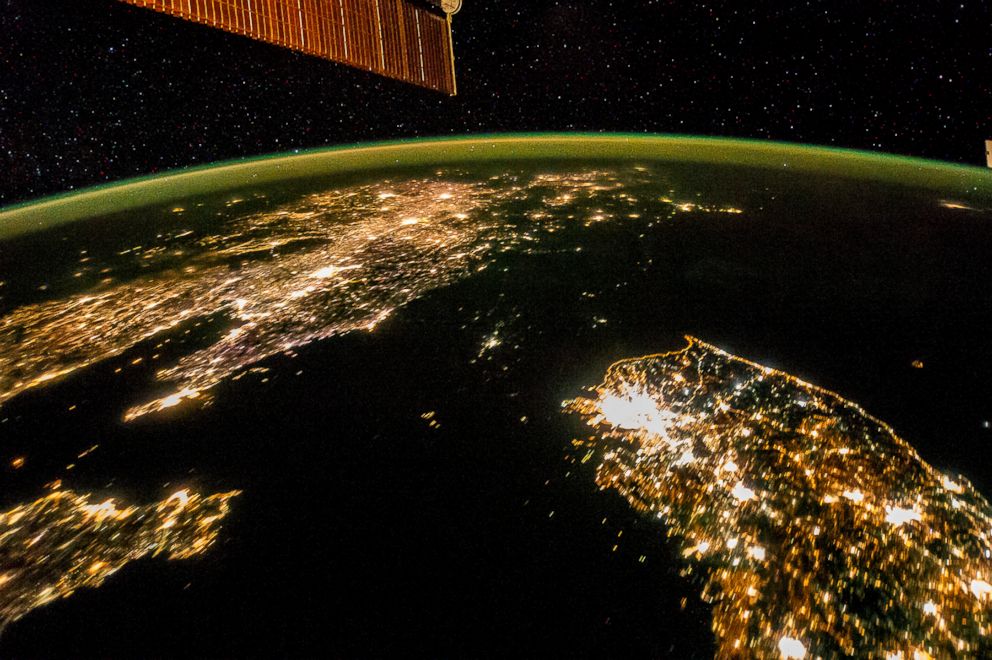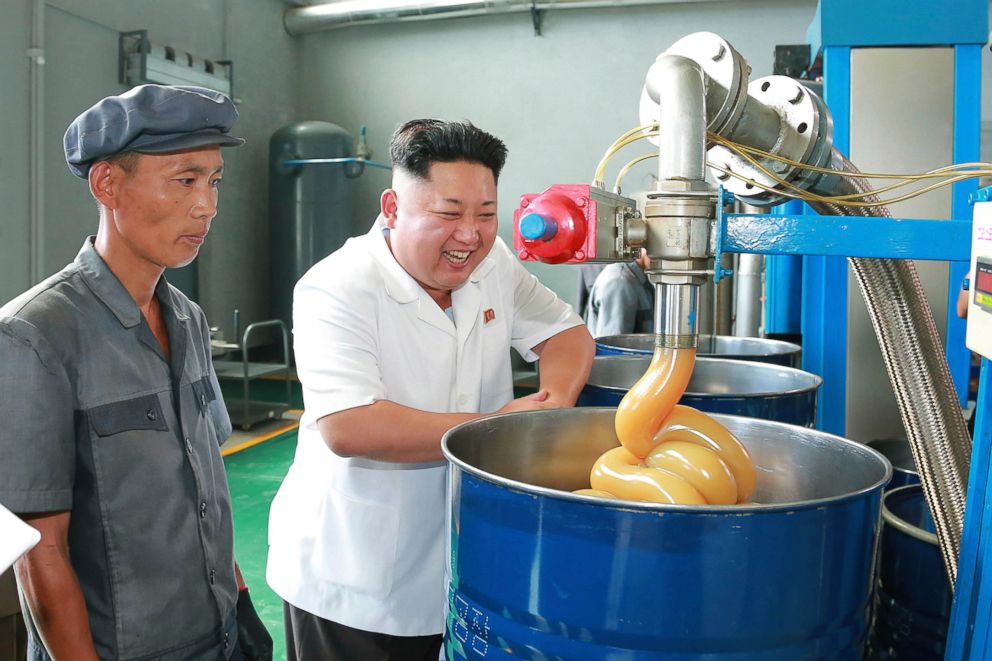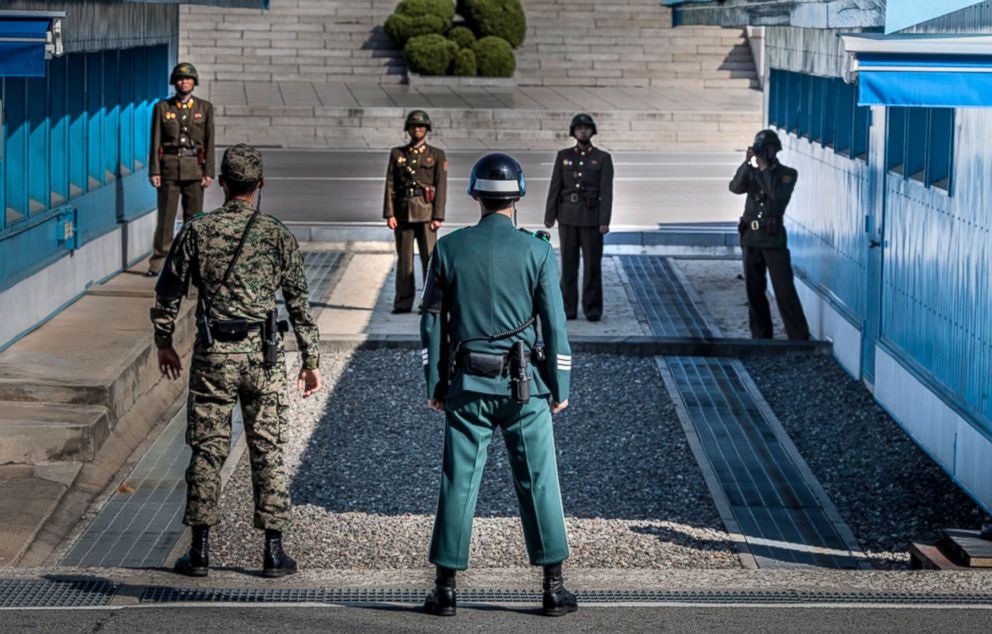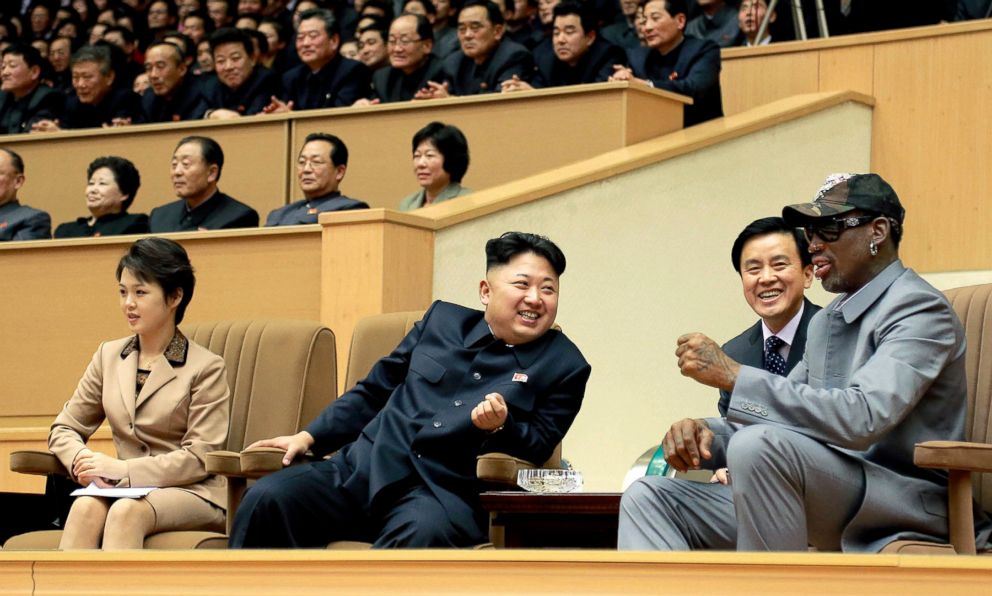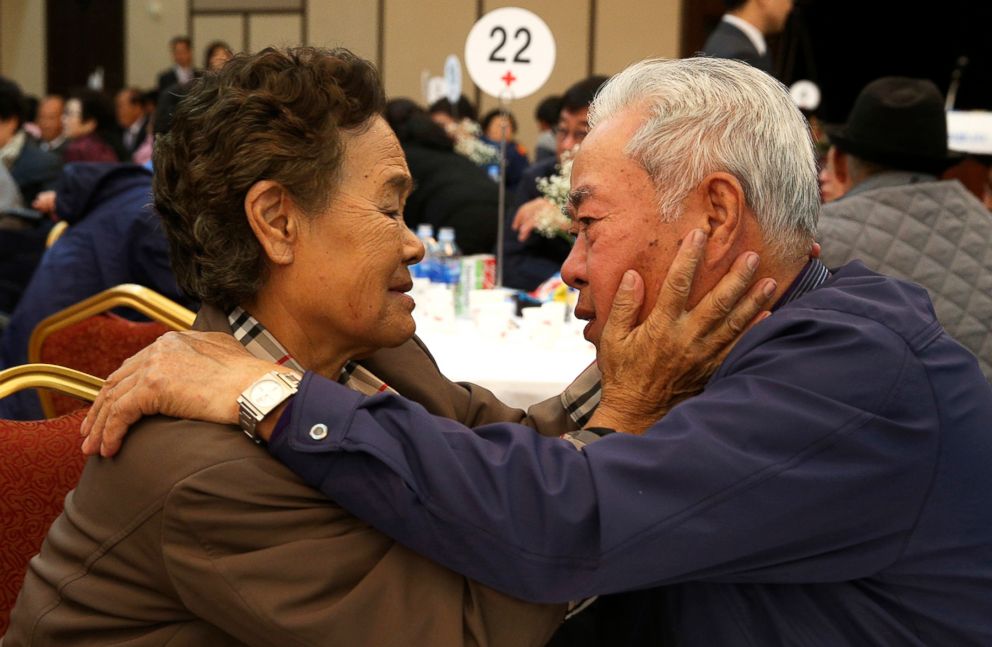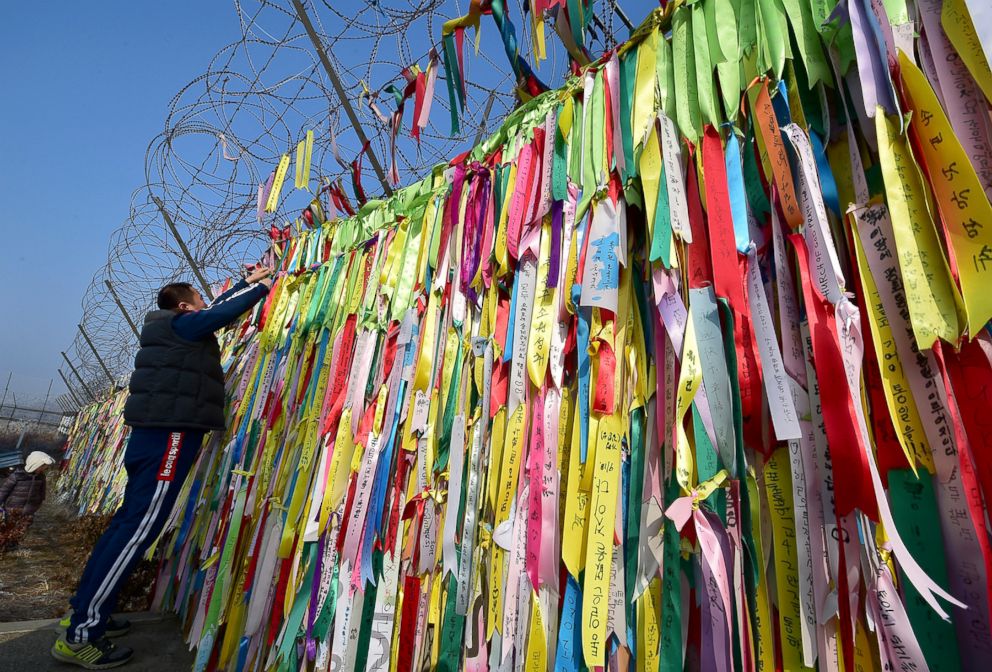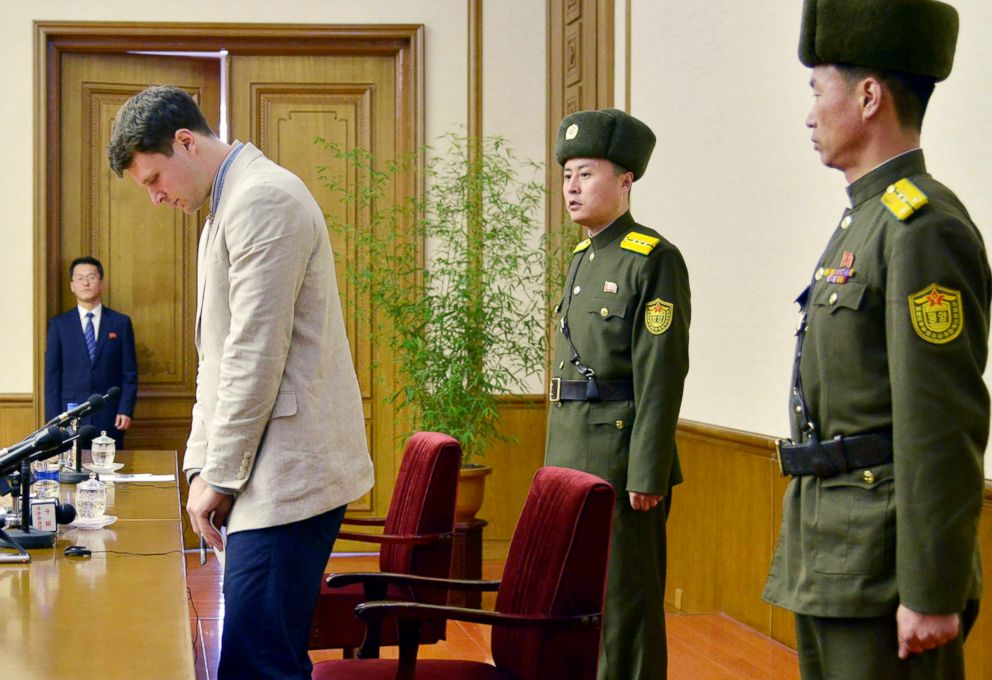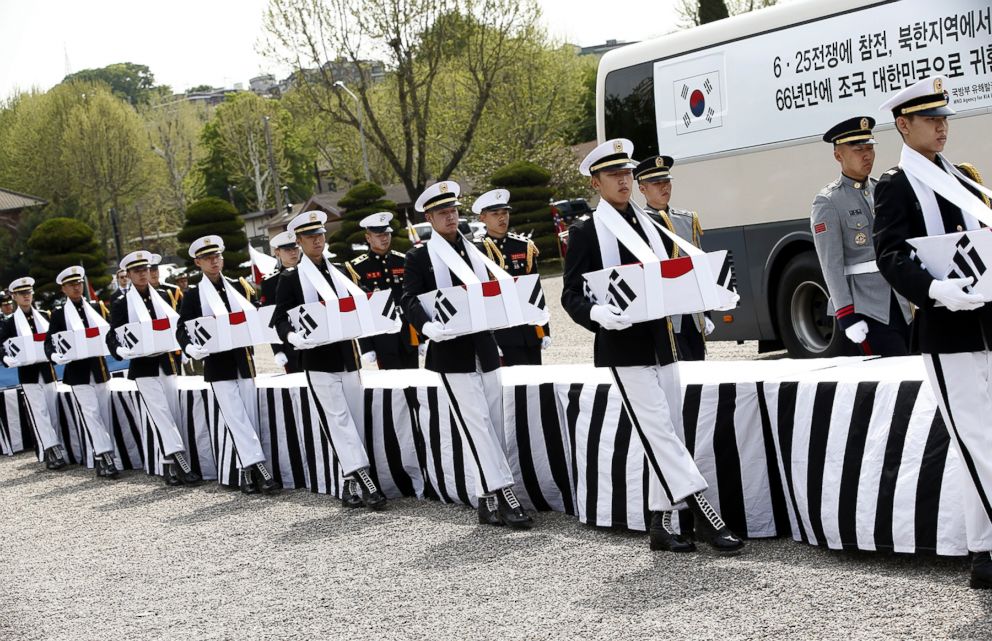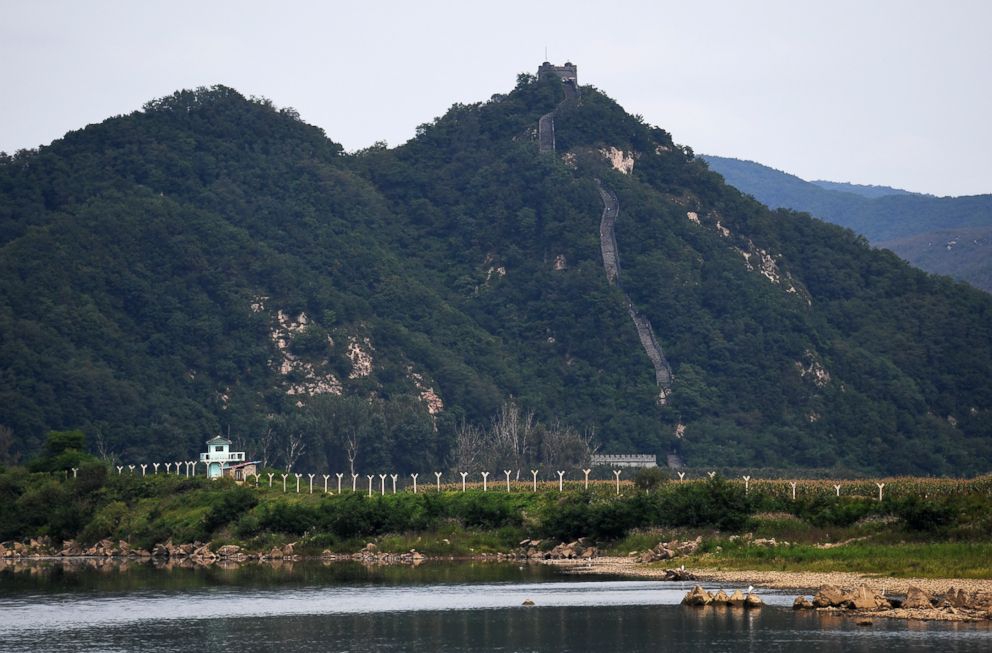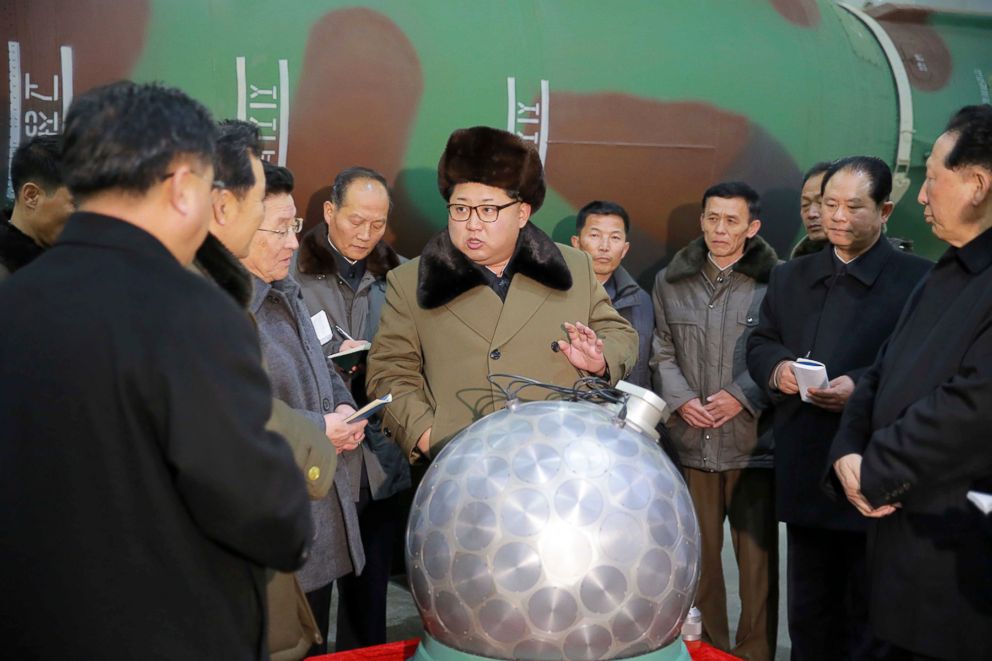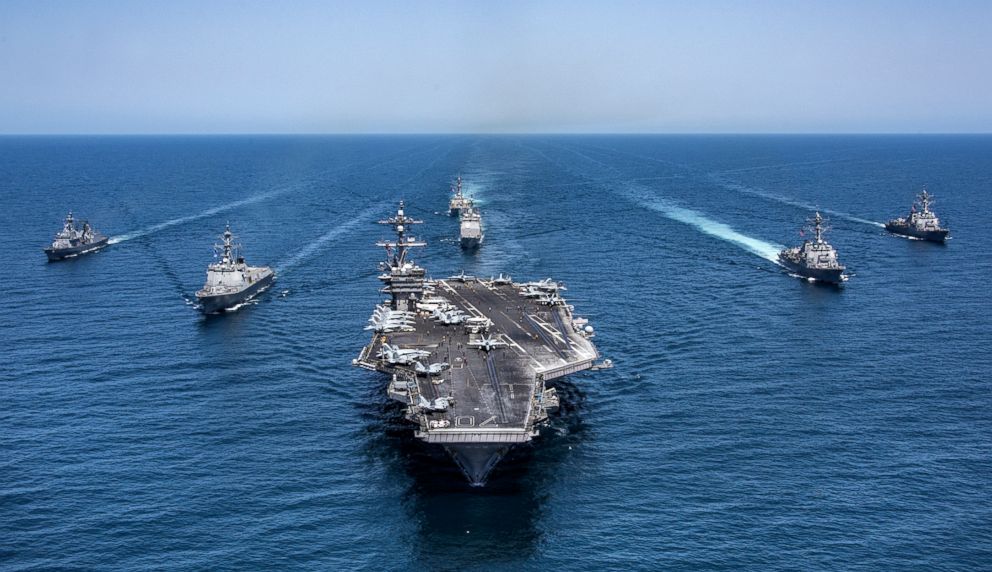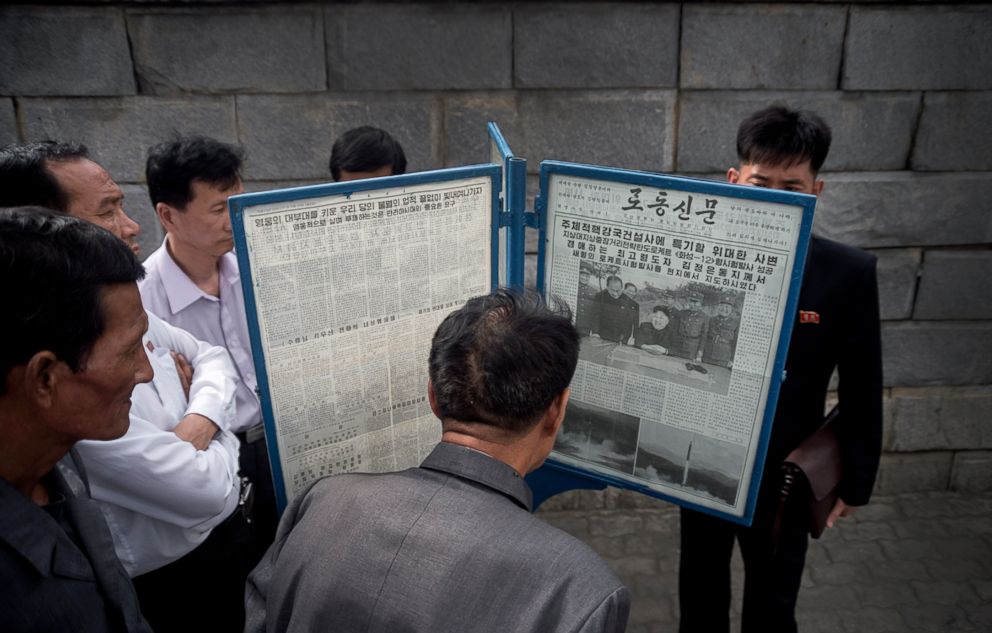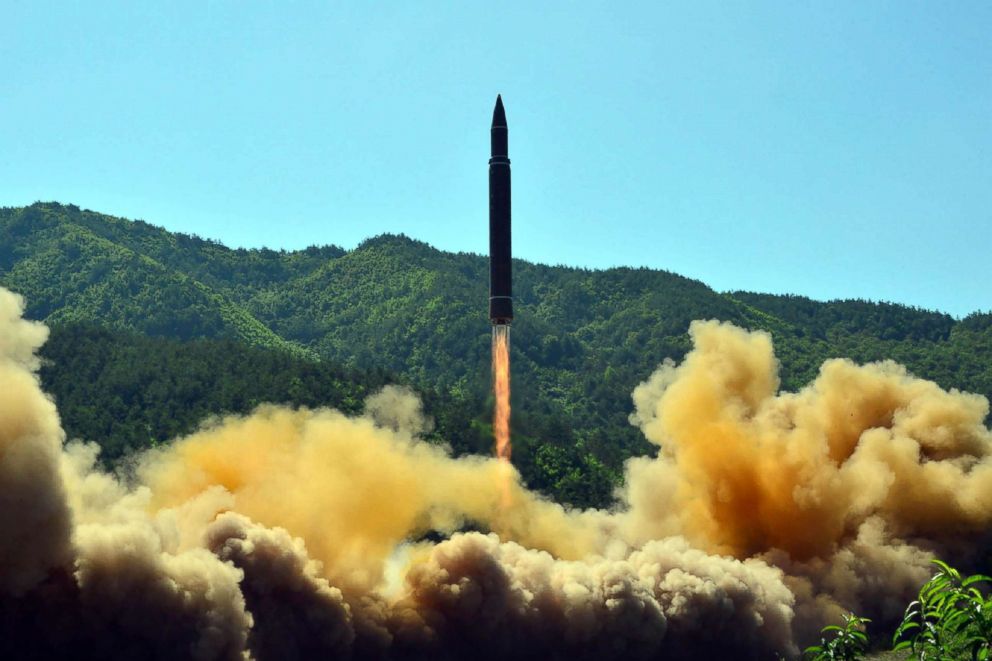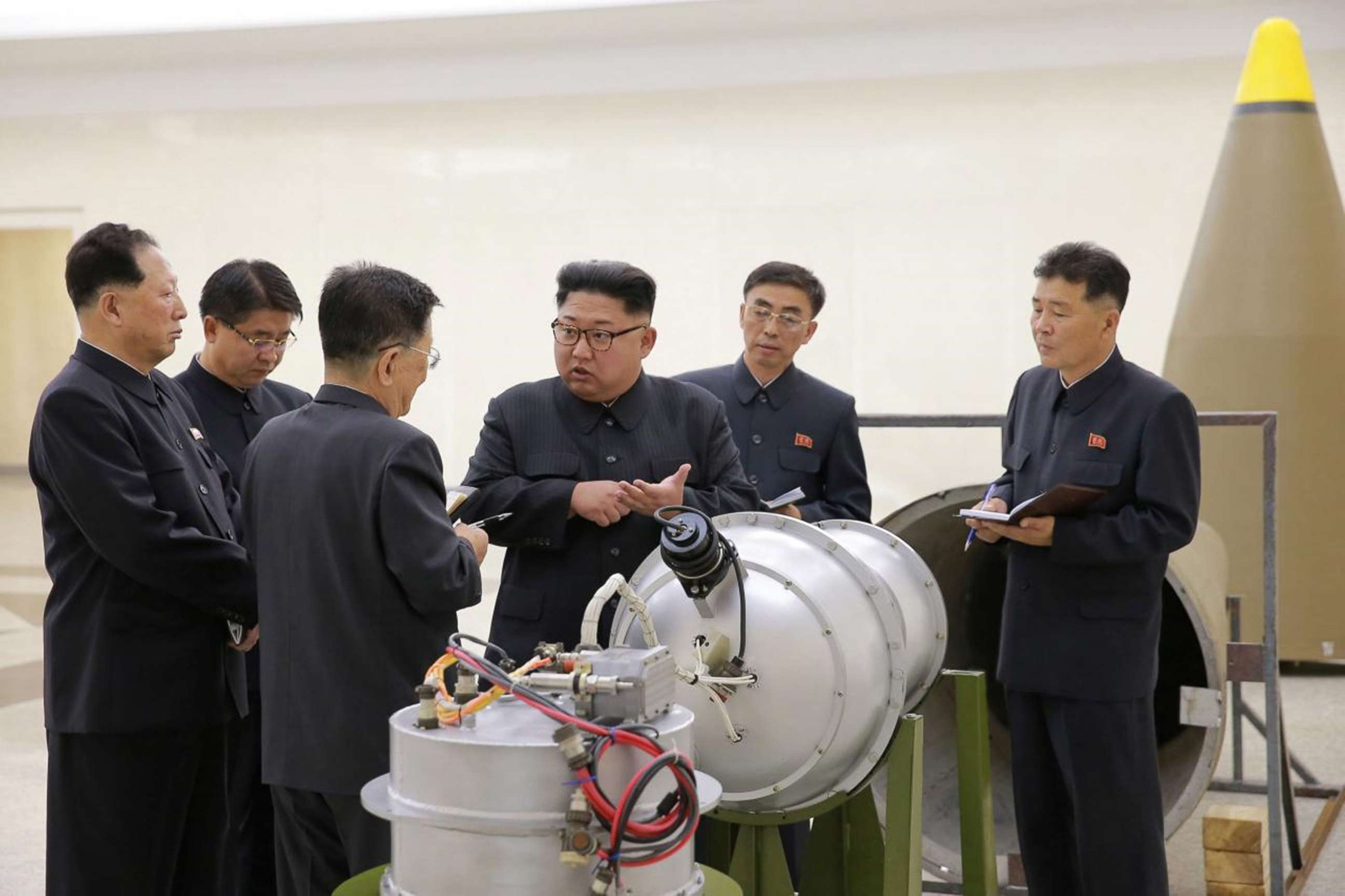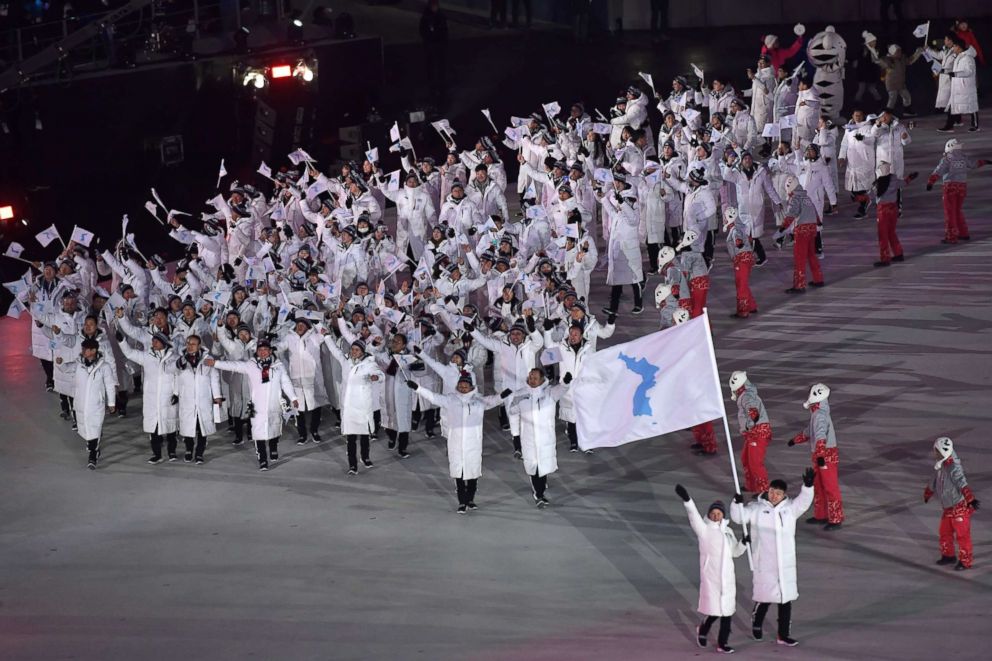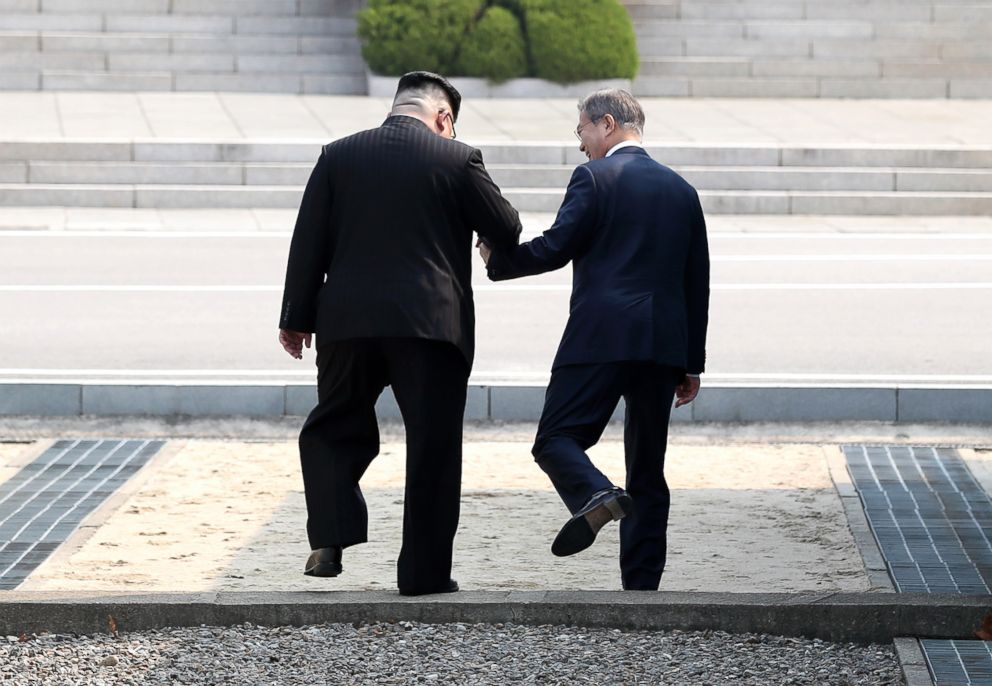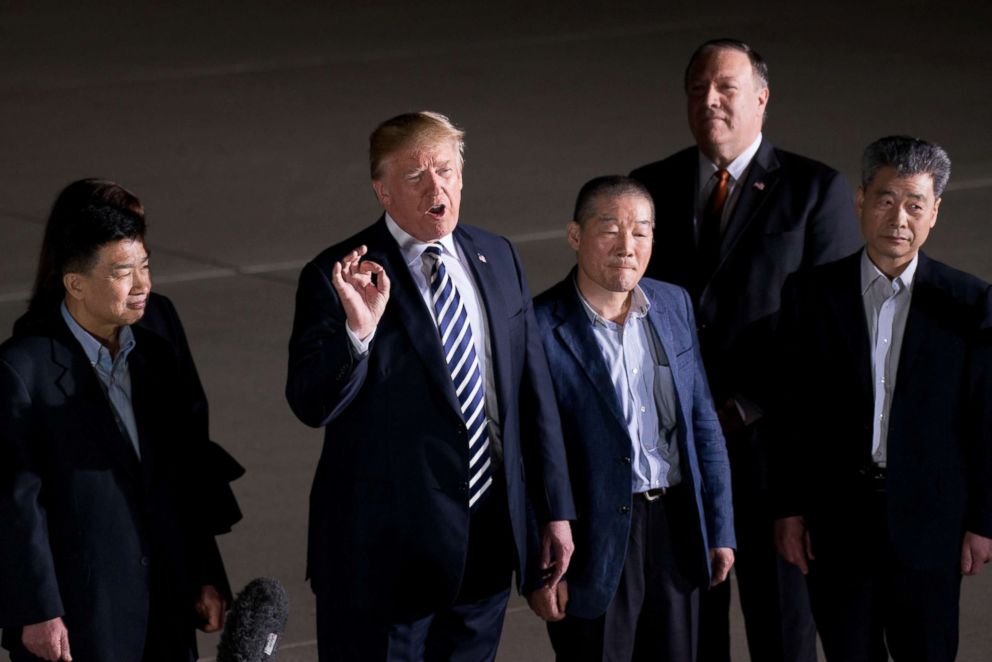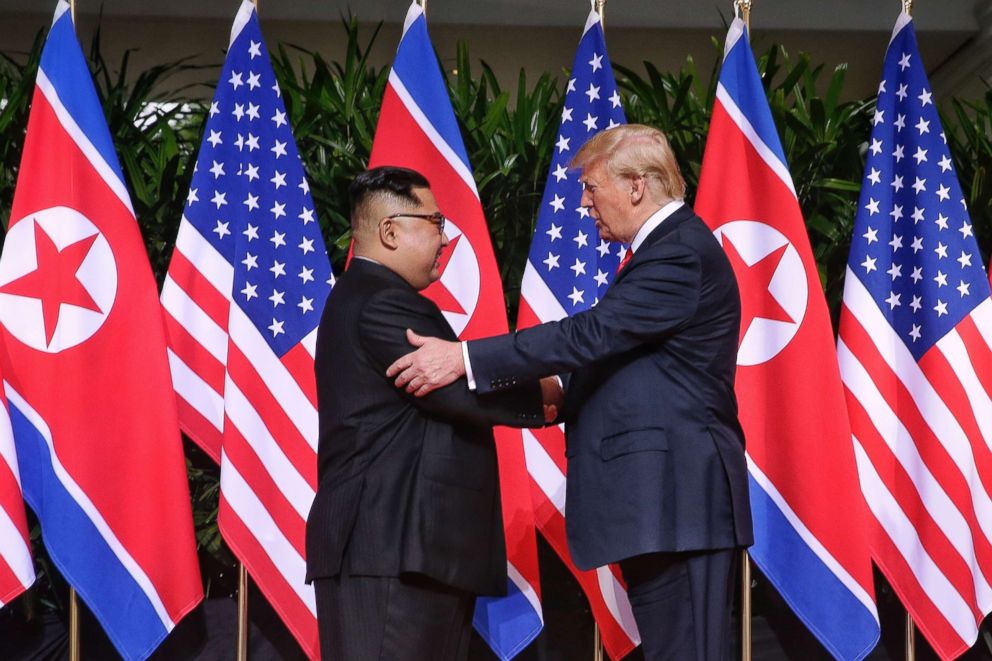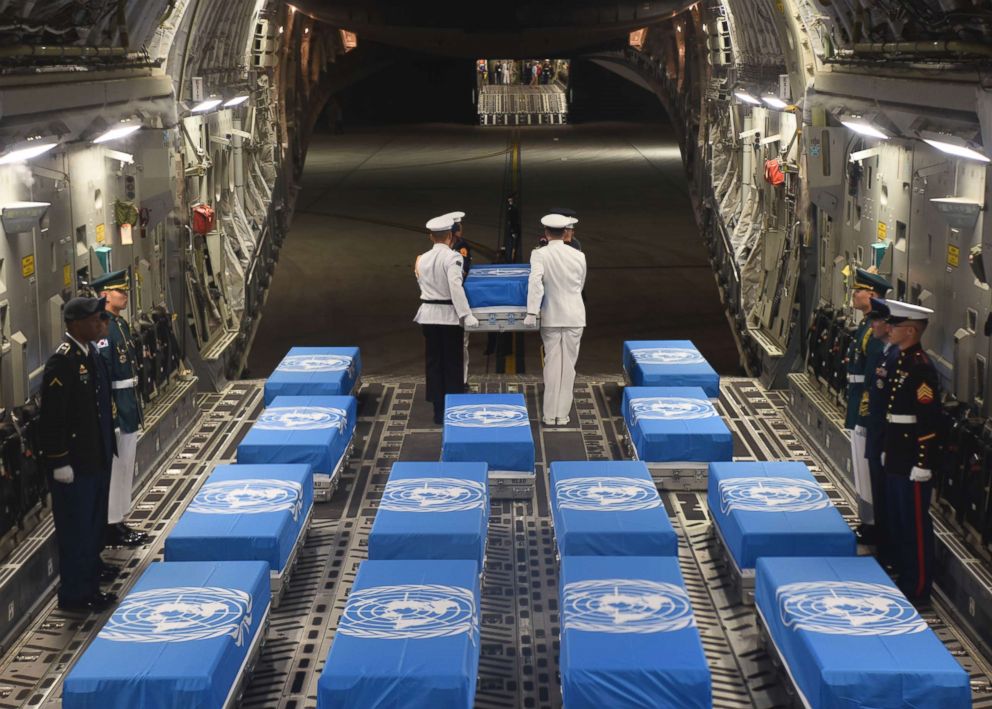Outside of White House, anti-nuke protesters hopeful over US-North Korea summit
They hope Trump “doesn’t make anything worse” at the summit.
On the eve of an historic summit between President Donald Trump and North Korean leader Kim Jong Un, protesters who are part of a 37-year effort advocating for world peace and nuclear nonproliferation in front of the White House are optimistic the summit will be a step closer to global nuclear disarmament.
Philipos Melaku-Bello is one of three consistent volunteers who sit solemnly in the midst of tourists that crowd Pennsylvania Avenue to catch a glimpse of the White House. Melaku-Bello hopes that Trump “doesn’t make anything worse” at the summit.
“So far during his administration, things have looked very upsetting,” Mekalu-Bello said. “If he can get out of this without making things worse would be the best I could expect.”
The seesaw relationship between North Korea and the United States
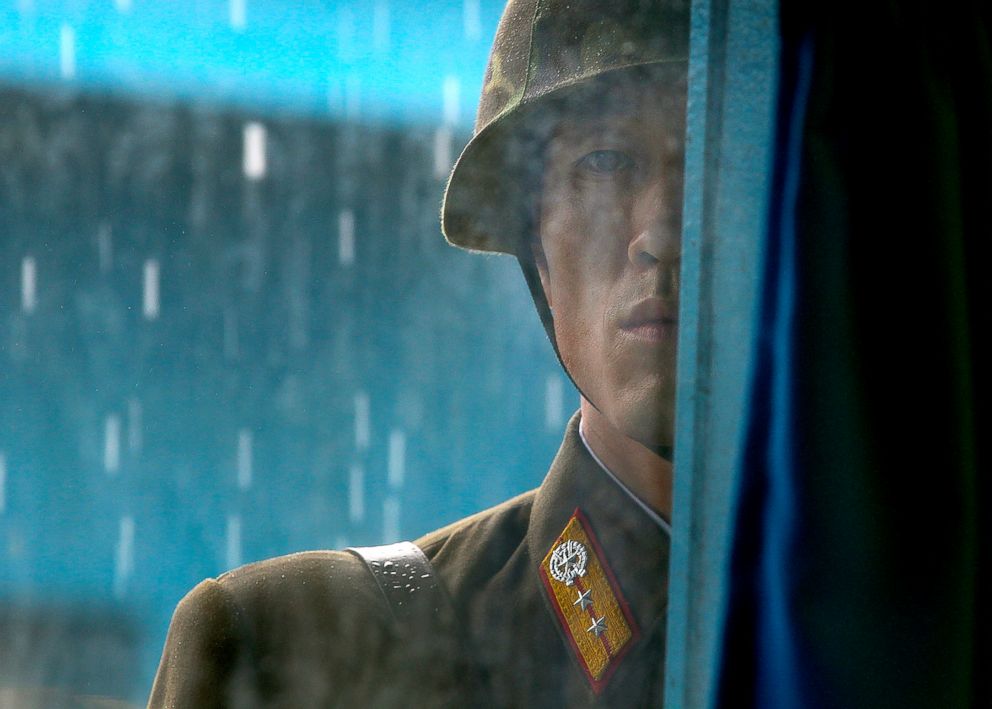
Referred to as the William Thomas Memorial Anti-Nuclear Peace Vigil, the silent protest has been in operation since founder William Thomas stood in front of the White House gates on June 3, 1981. For 37 years, the site has been managed by rotating volunteers around-the-clock to avoid being dismantled.
The organization’s website reads: “Mr. President, meet your closest neighbor.”
“Maintaining a vigil in front of the White House is the most efficient way to communicate with people if you don’t have money,” said Ellen Thomas, William Thomas’ wife. “It’s also a logical place to communicate with people about issues that people who occupy the White House have control over.”
In 1980, William Thomas was deported by British authorities to Washington, D.C. for throwing his passport into the River Thames -- a protest over the inability to travel freely. Soon after, he began his movement on the White House sidewalk with a sign calling for wisdom and honesty.
Before his death in 2009, Thomas developed proposition one, a campaign created to abolish nuclear weapons and to use those funds towards human needs.
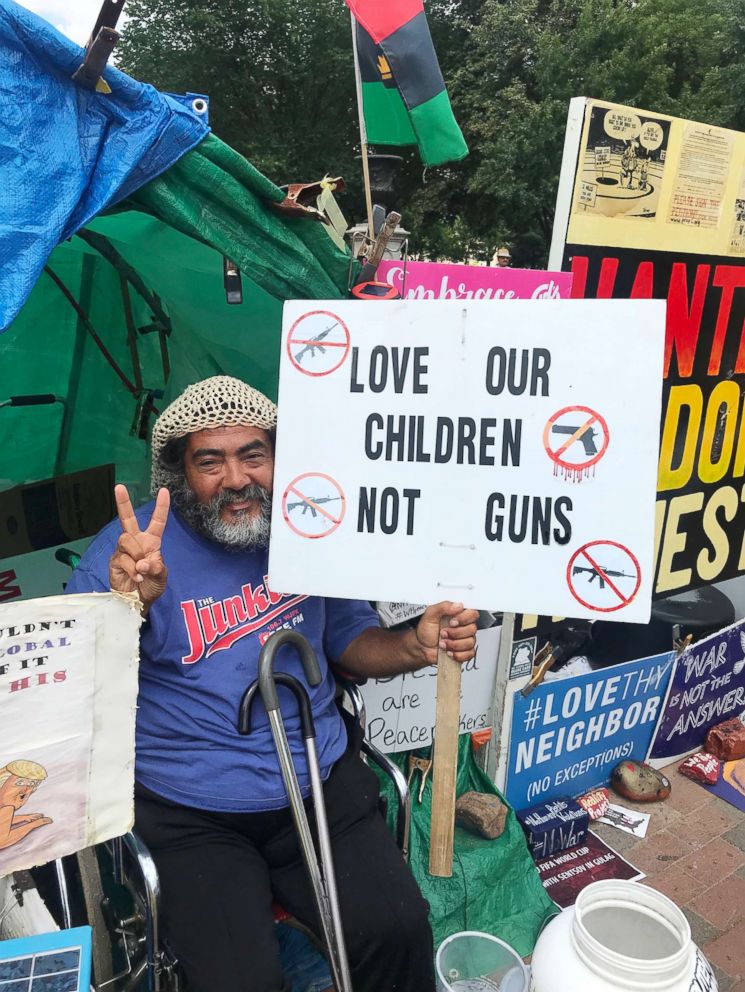
His legacy is carried on through the volunteers that continue to run the vigil today.
Most weeks, Melaku-Bello sits in his wheelchair volunteering for sometimes as long as 16 hours.
Melaku-Bello said once a group of five people stood in front of the vigil’s tent and threw stones at him.
“I happen to have an umbrella which I’ll have for shading and I was able to be quick enough [...],” Melaku-Bello said. “The umbrella stopped some of its speed and I got bruises.”
Despite the occasional physical threats, Melaku-Bello says that “love” is the driving force behind what keeps him going.
“This vigil is actually a love letter that William Thomas started that I keep writing to the civilians of the planet every hour of every day,” Melaku-Bello said. “If they should survive and they should not be killed in an act of war just because somebody thinks they have more power than someone else.”
Melaku-Bello says he will stop volunteering when nuclear non-proliferation is established.
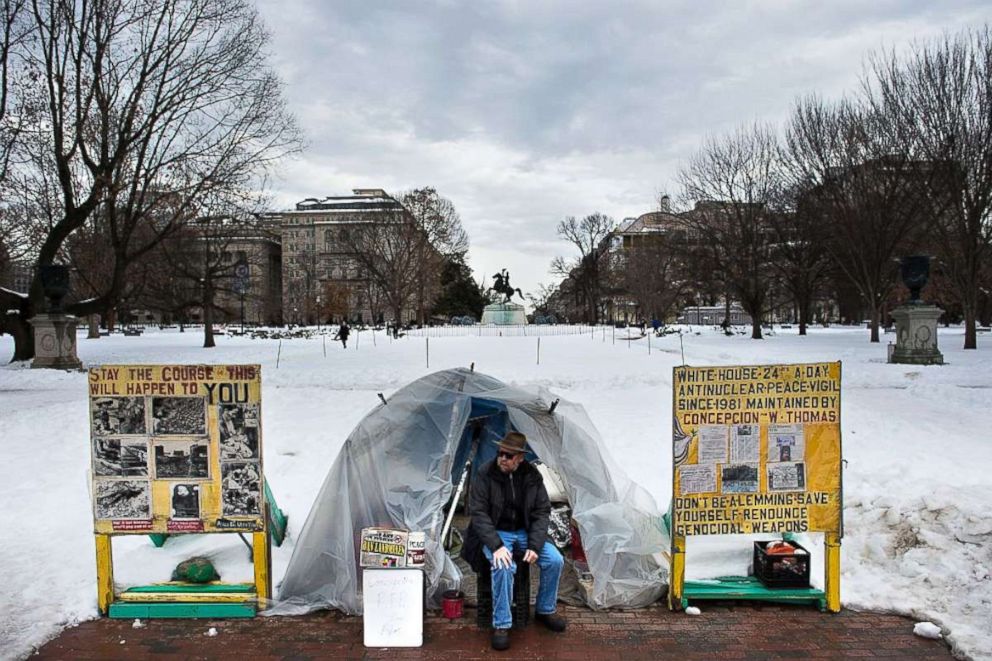
“I want everyone to know that voice without action is nothing,” Melaku-Bello said. “Because you have the right to freedom of speech and freedom of expression but don't ever complain if you don't go out to the public forum.”
In 2008, Ellen Thomas became the co-chair for the Disarm/End Wars Committee for the Women's International League for Peace. Similar to the vigil, she believes that if President Trump is “willing,” progress towards global nuclear disarmament can be made.
“We now, finally, have an opportunity to work on a peace treaty with North Korea,” Thomas said. “They built their nuclear weapons because the former and current rulers believed the U.S. would never talk to them unless they had nuclear weapons. So we need to listen to them respectfully, and be willing to make concessions ourselves.”
Ellen Thomas is optimistic that the vigil will remain for years to come and if it is ever taken down, she hopes a memorial will be created to carry William Thomas’ legacy.
“His message was one about [how] the policies of our government were destructive to the rest of the world and that we needed to change,” Thomas said. “We needed to be concerned and not be afraid. Be concerned for others instead of being afraid of others. He lived it, he proved it.”
